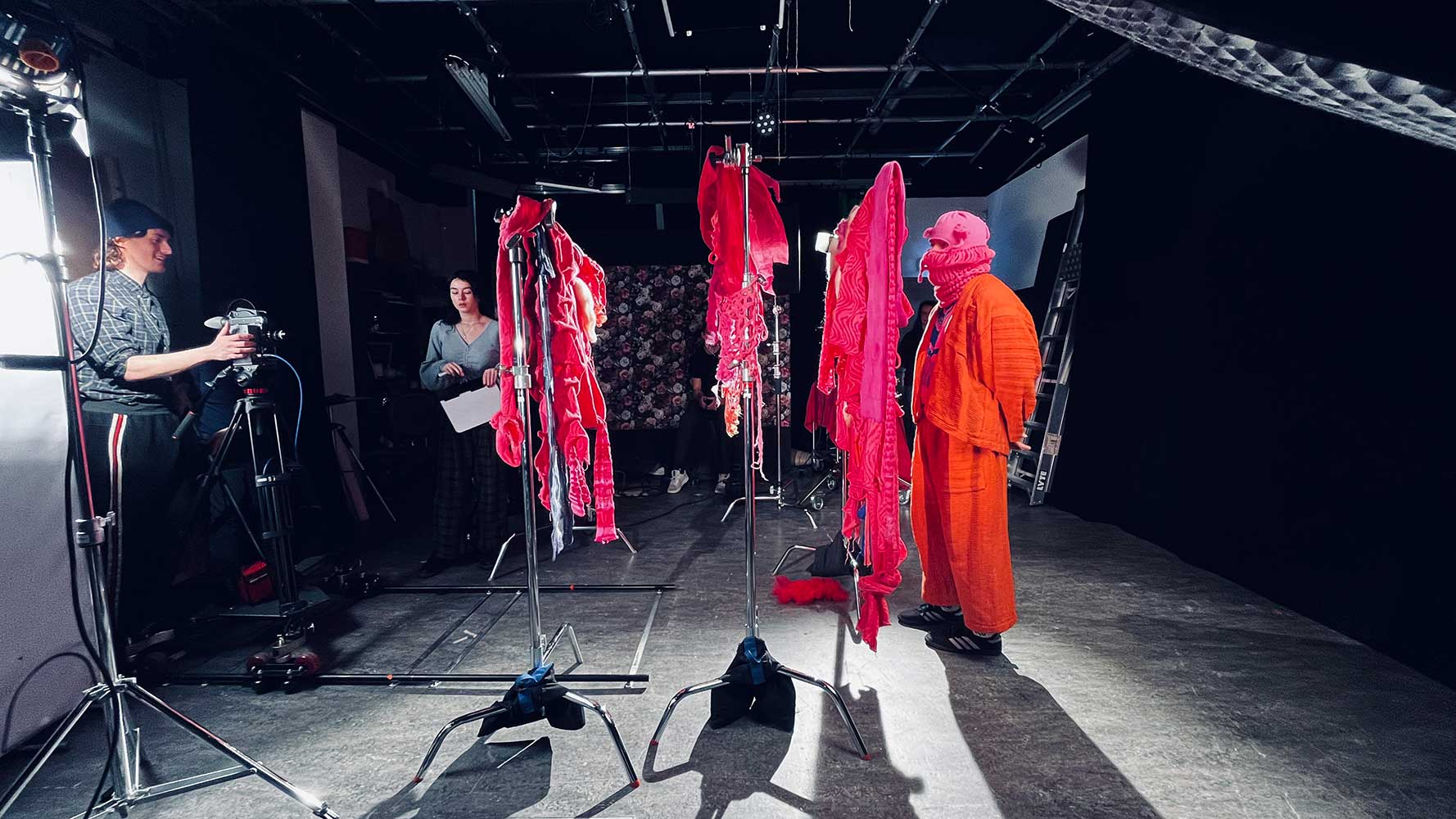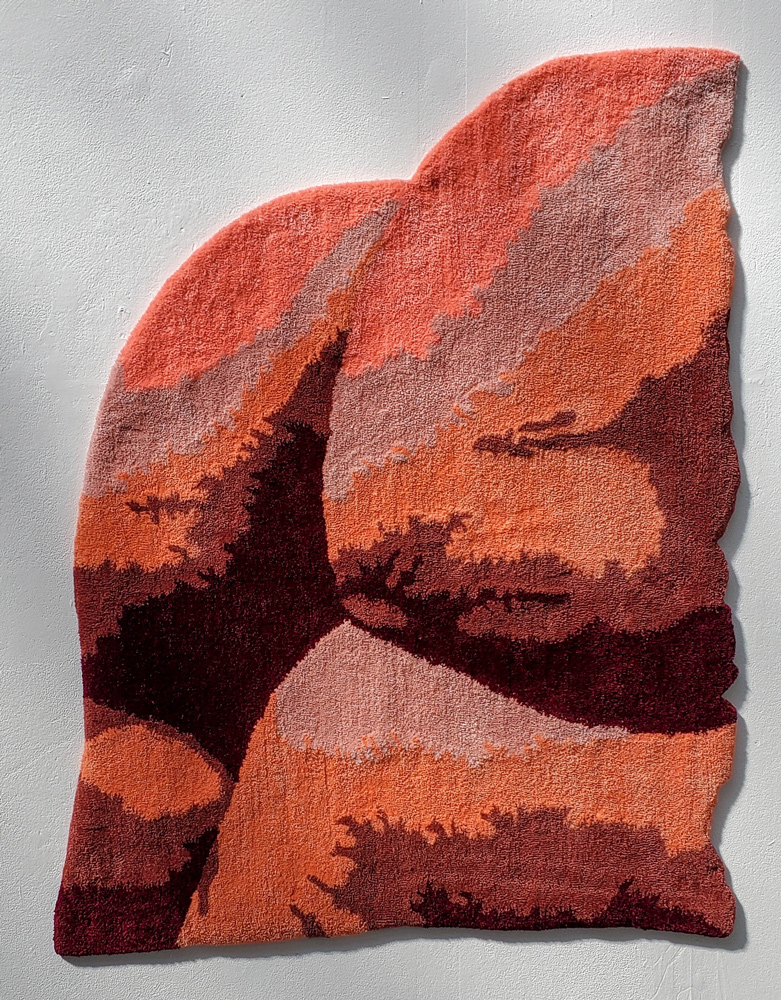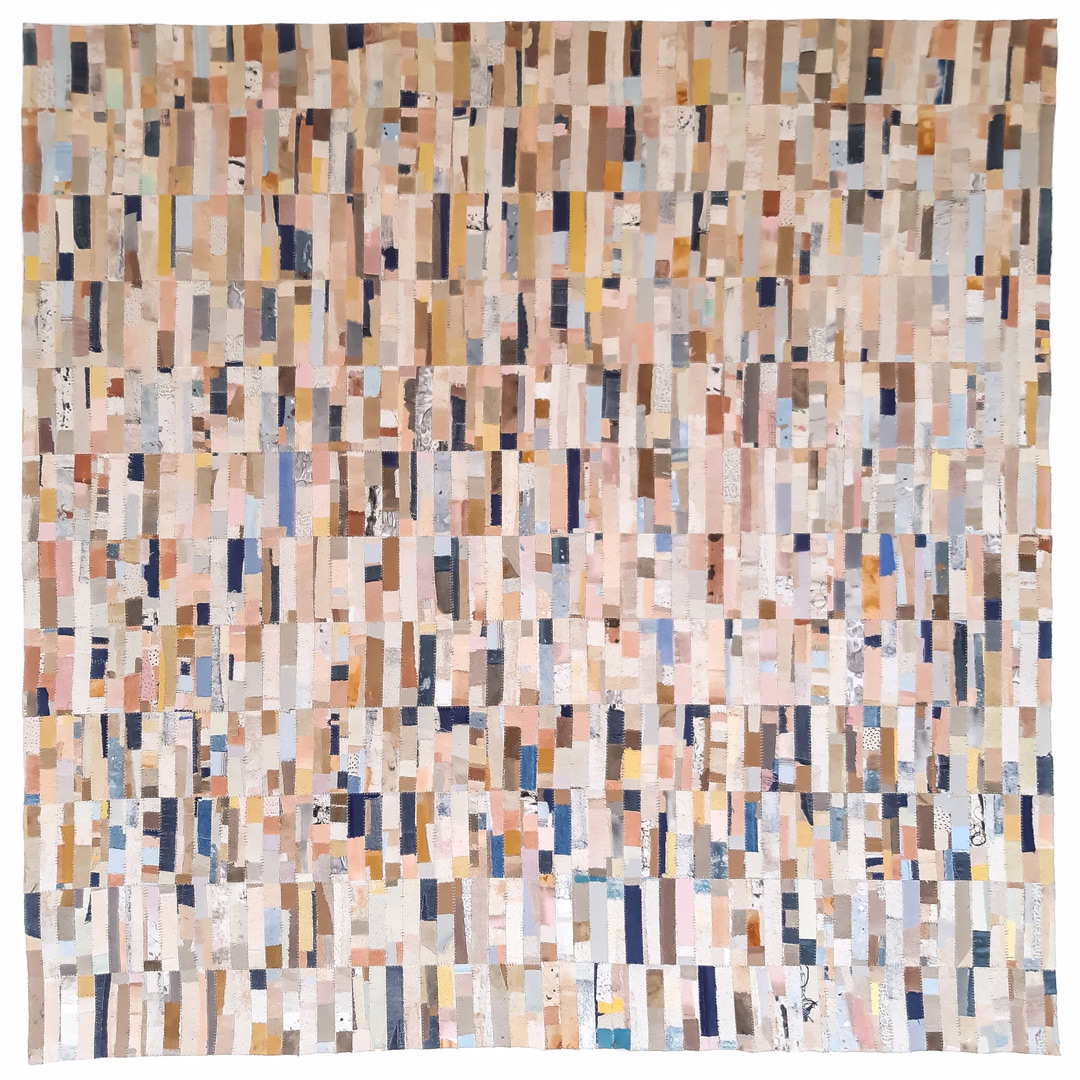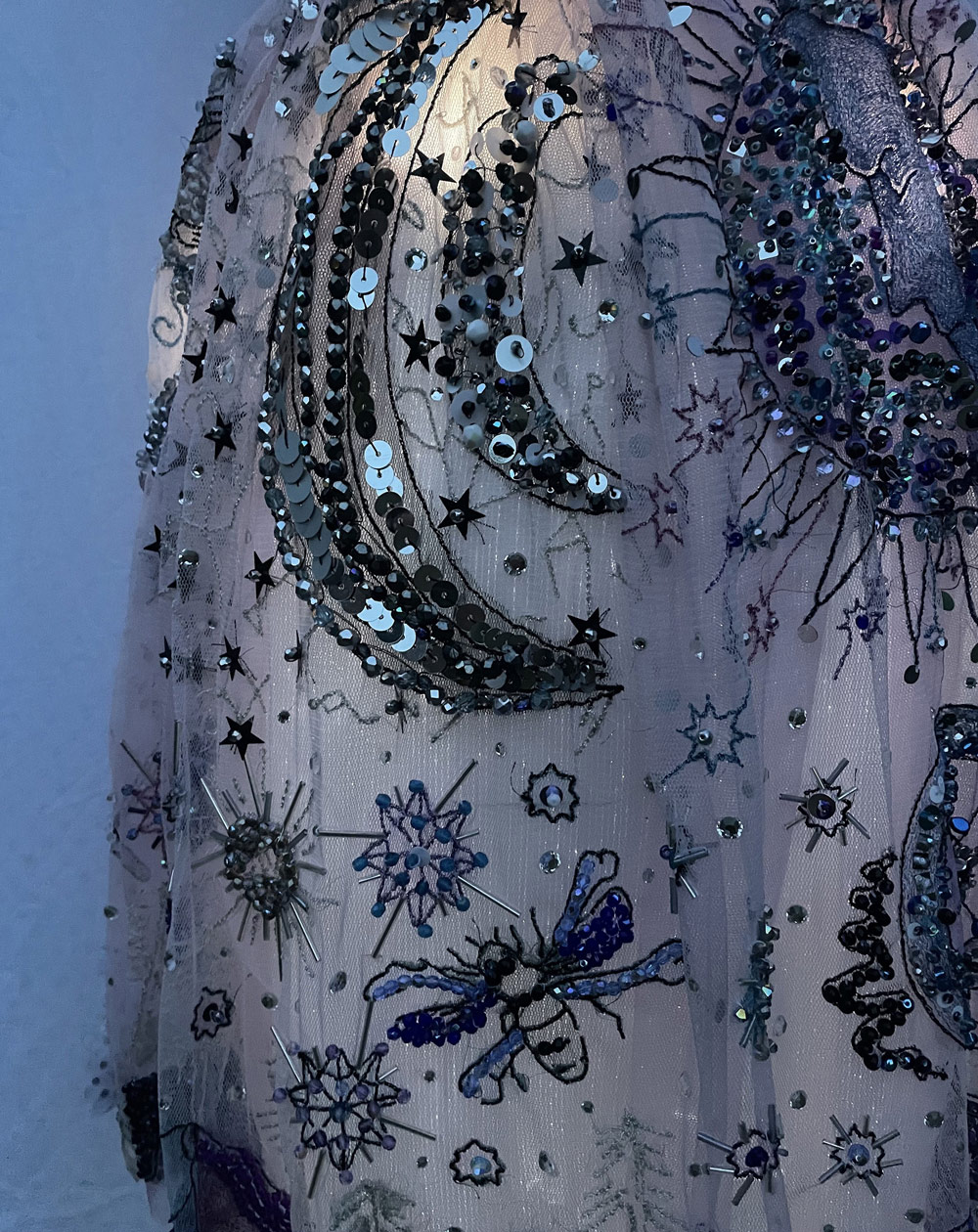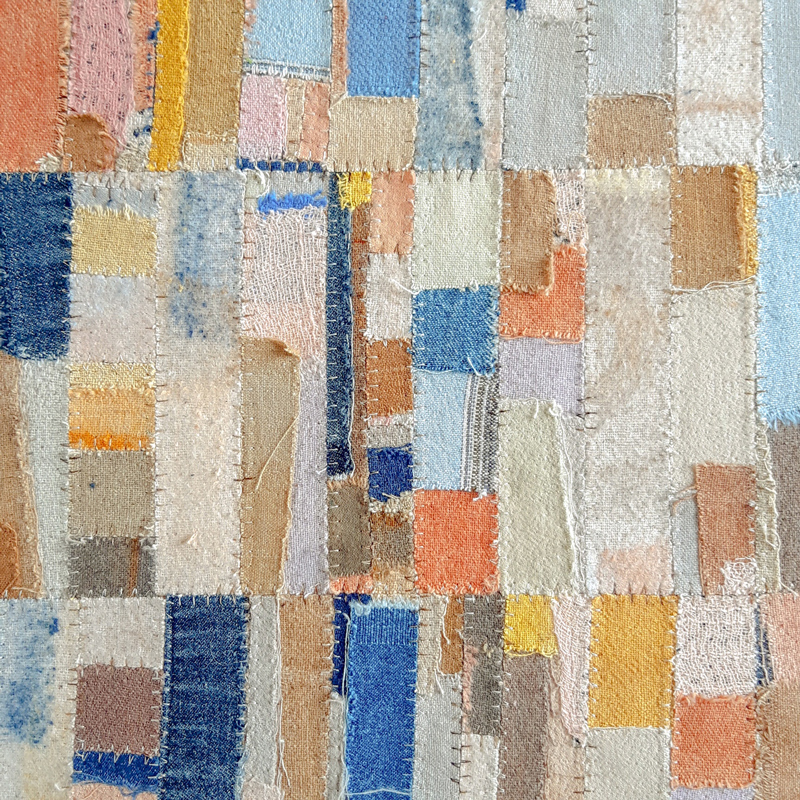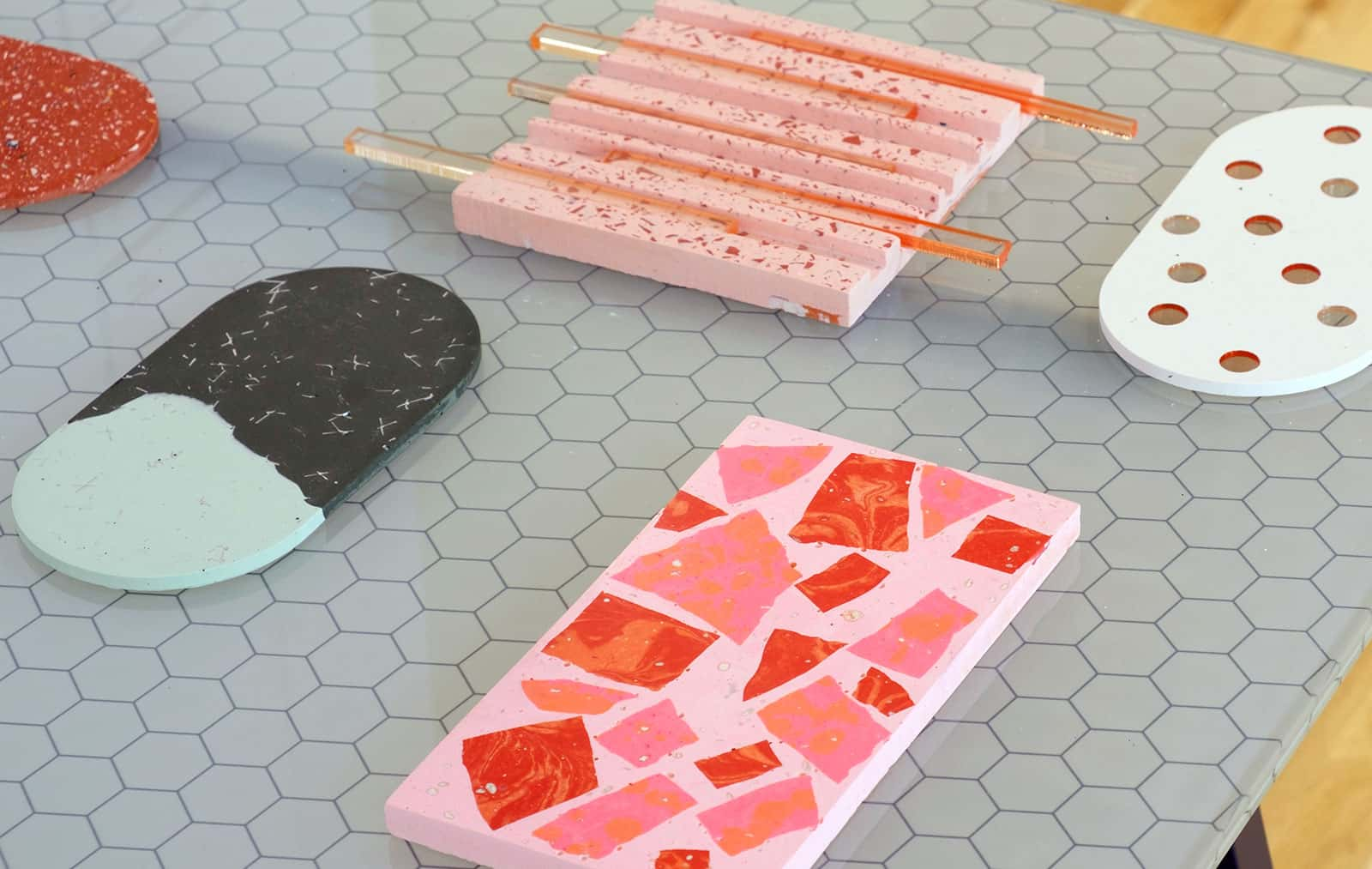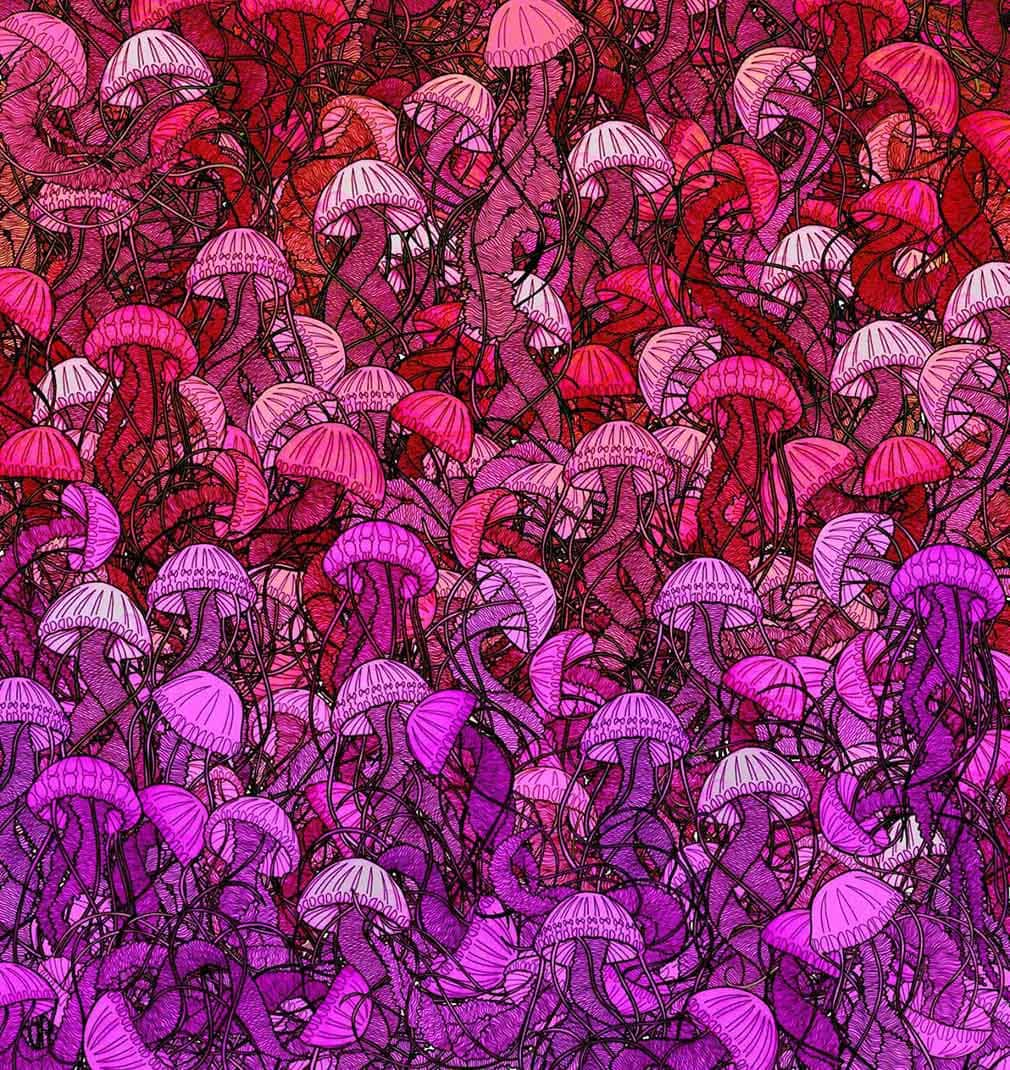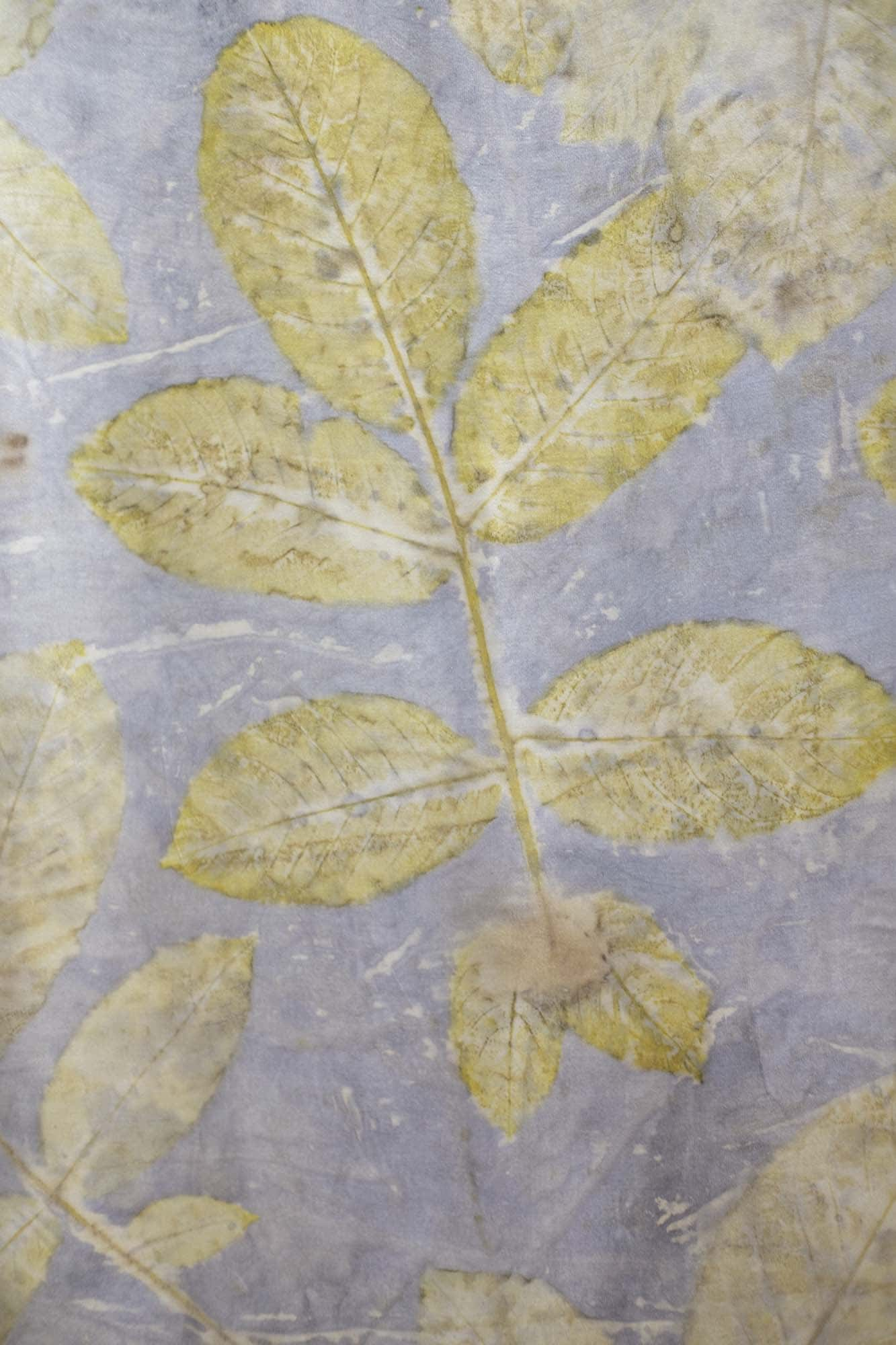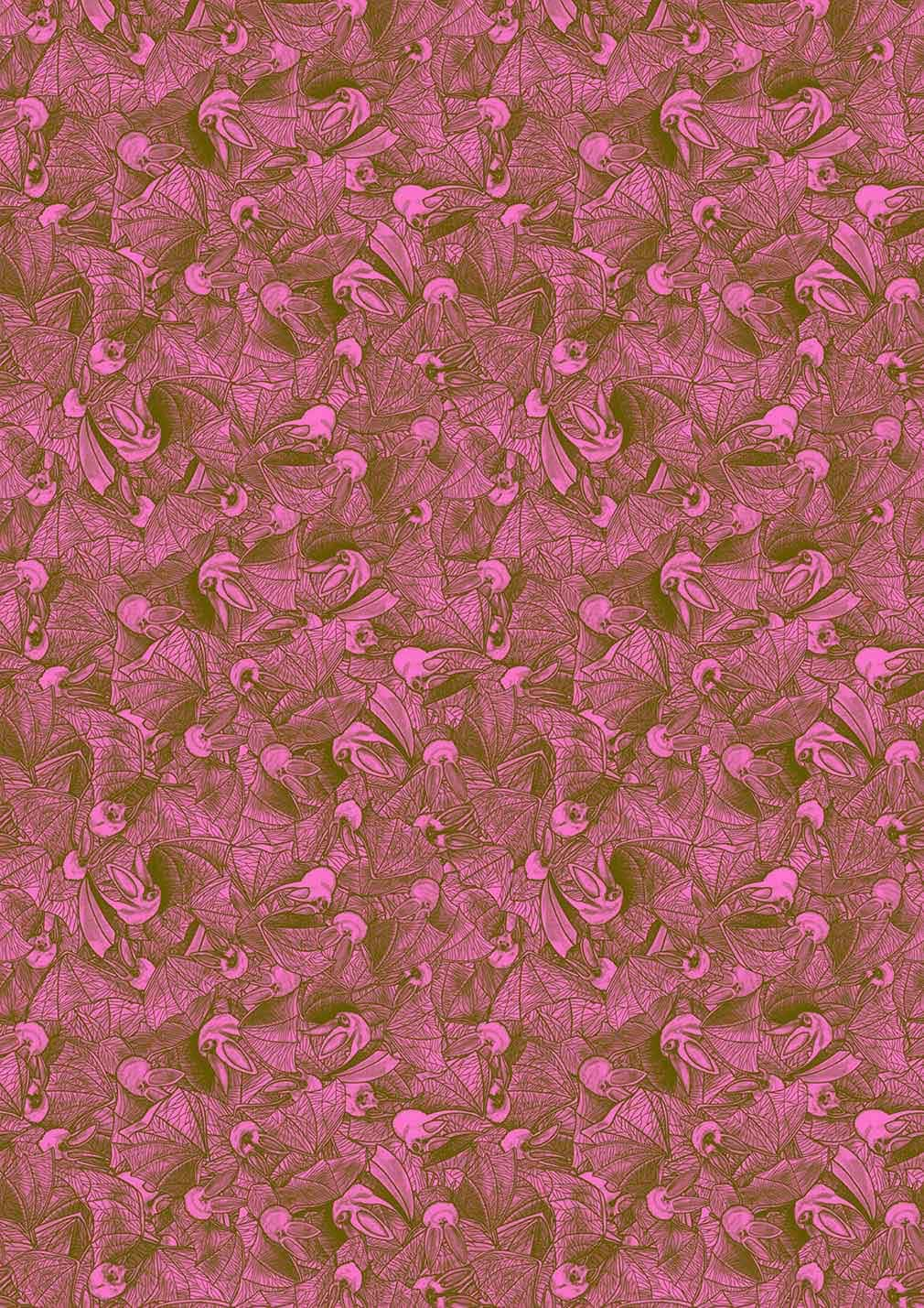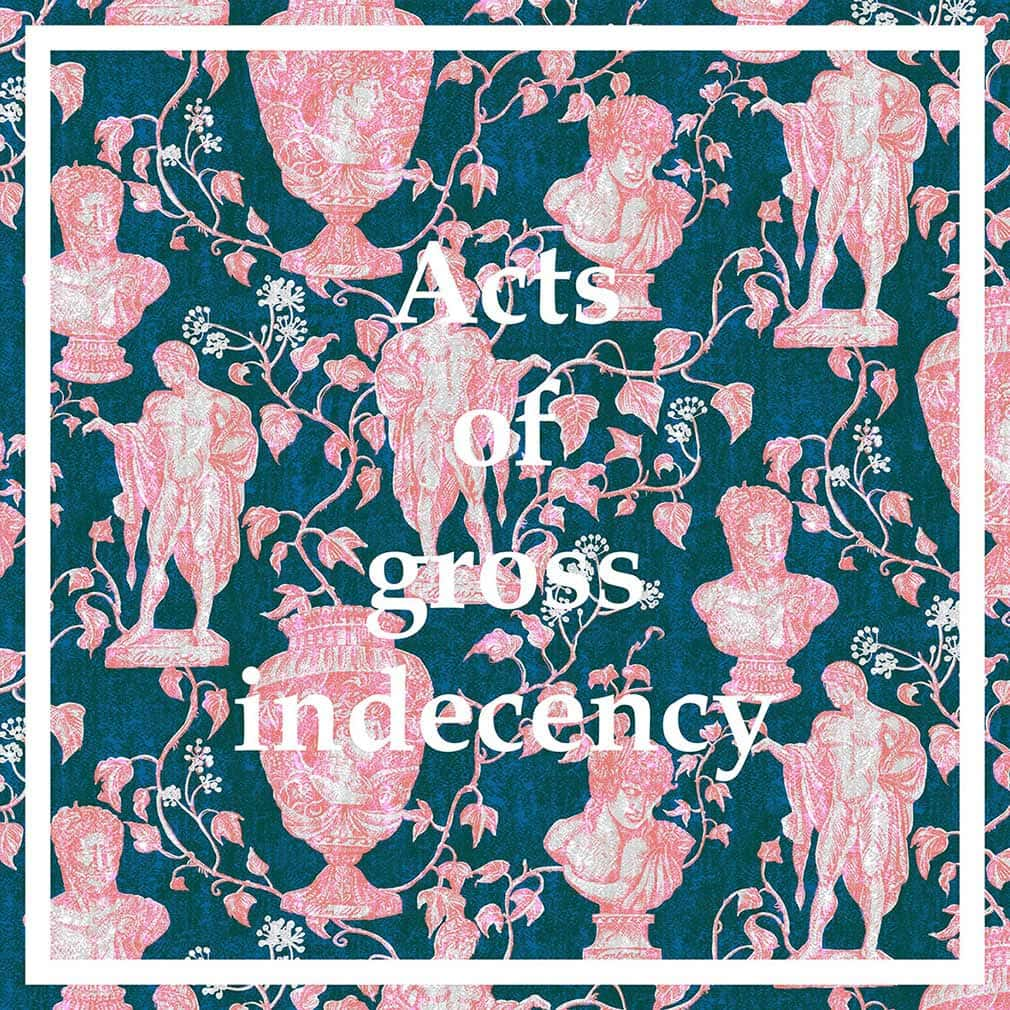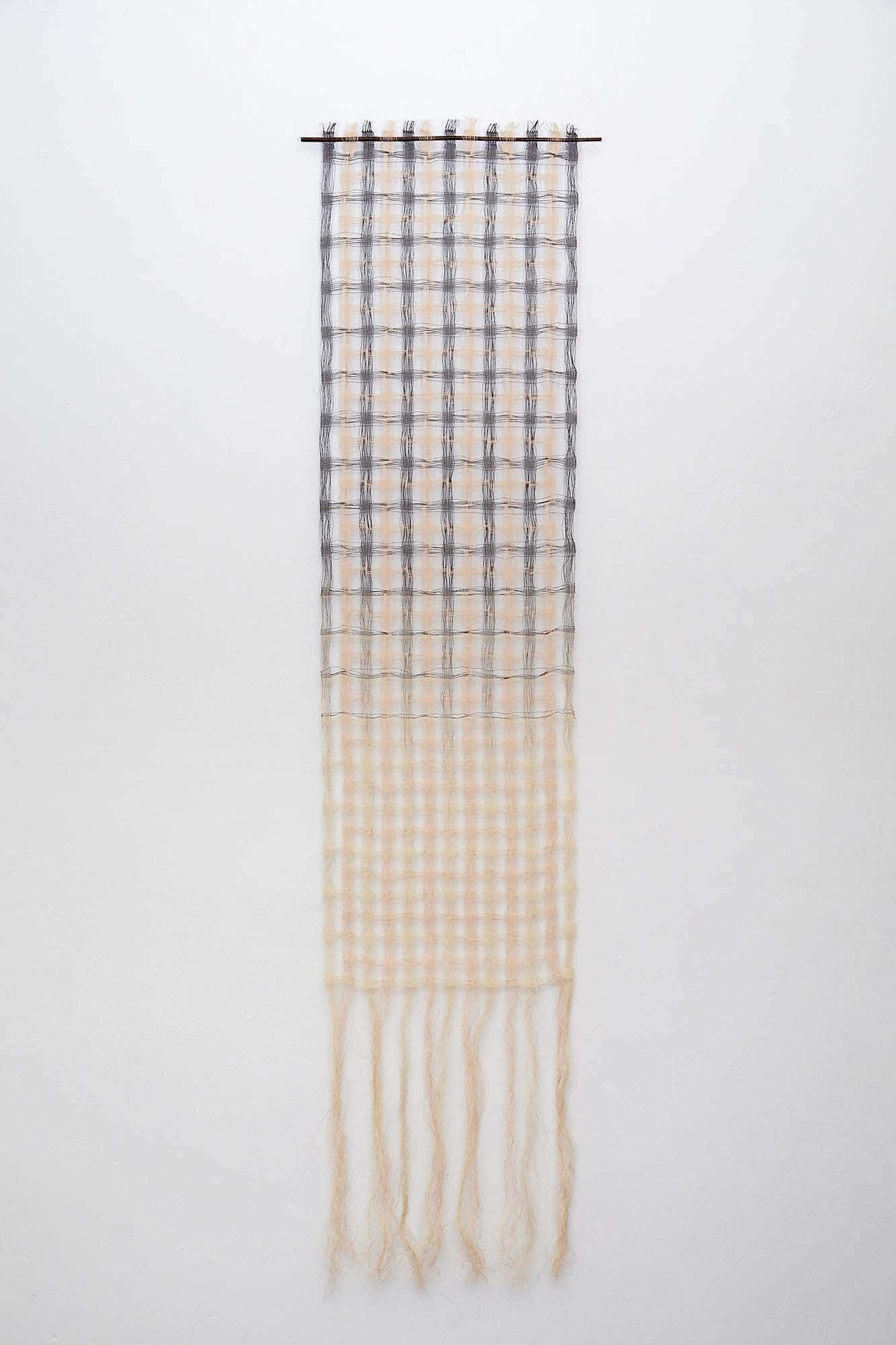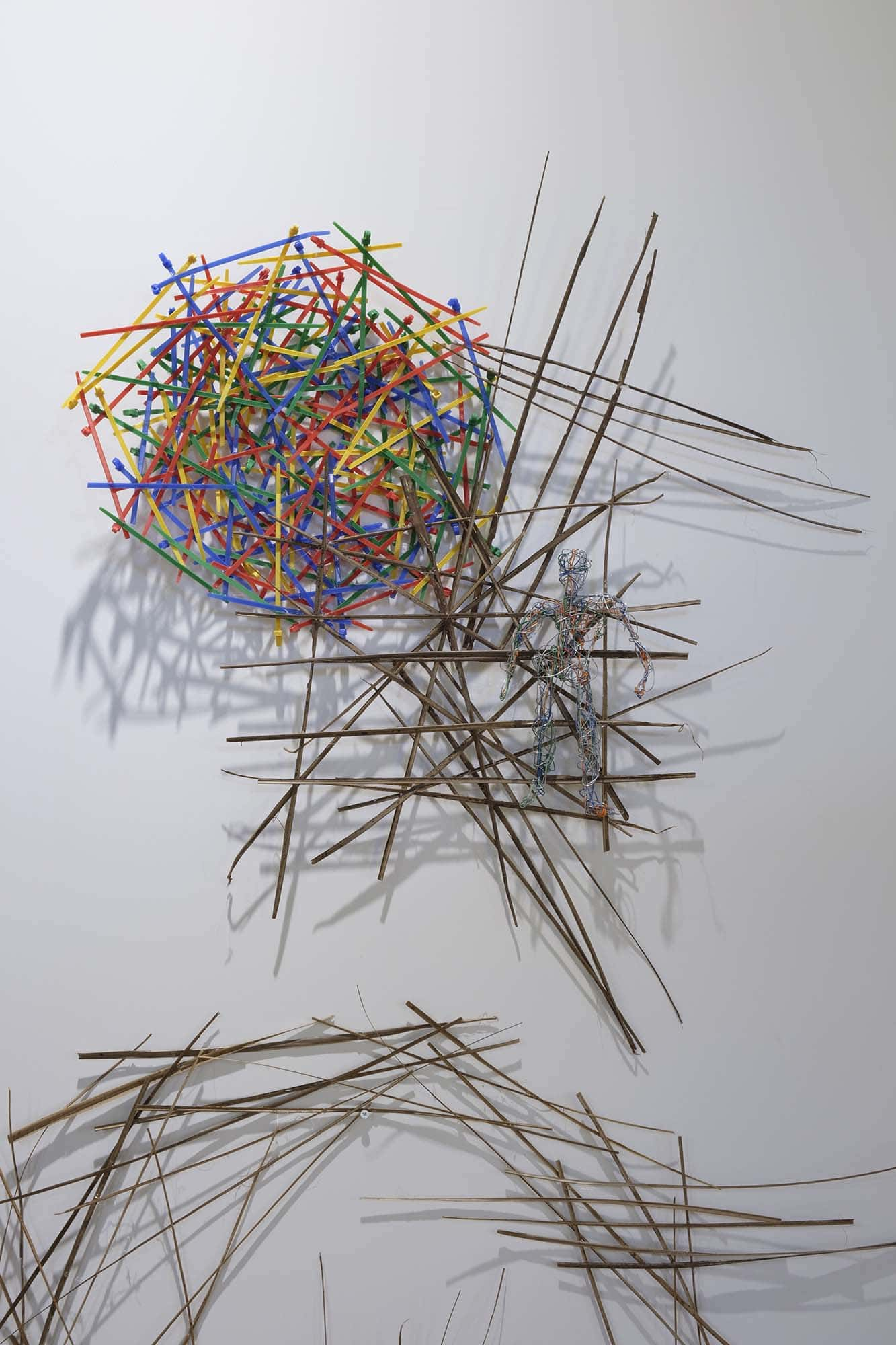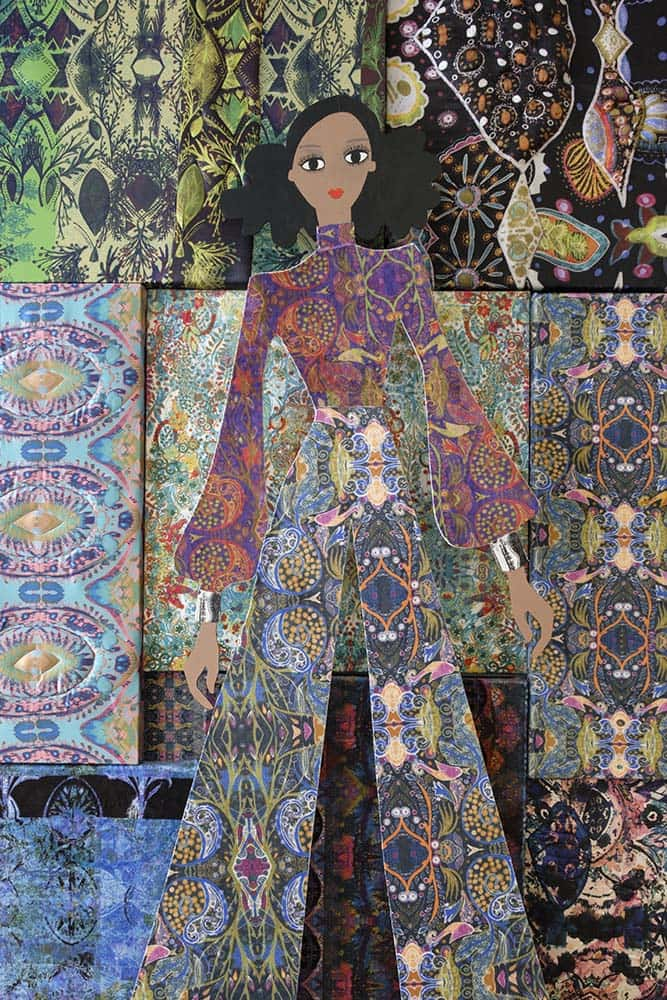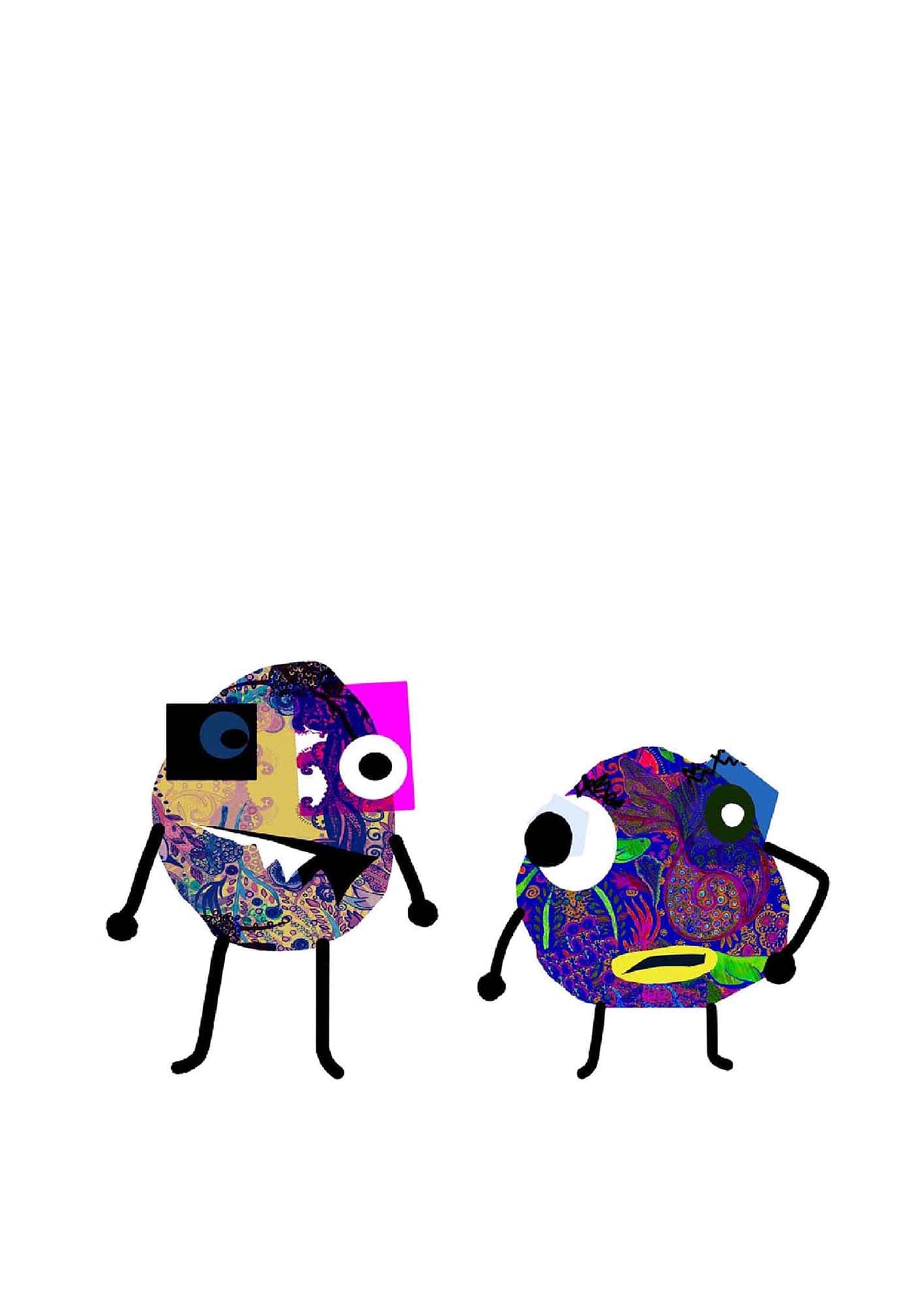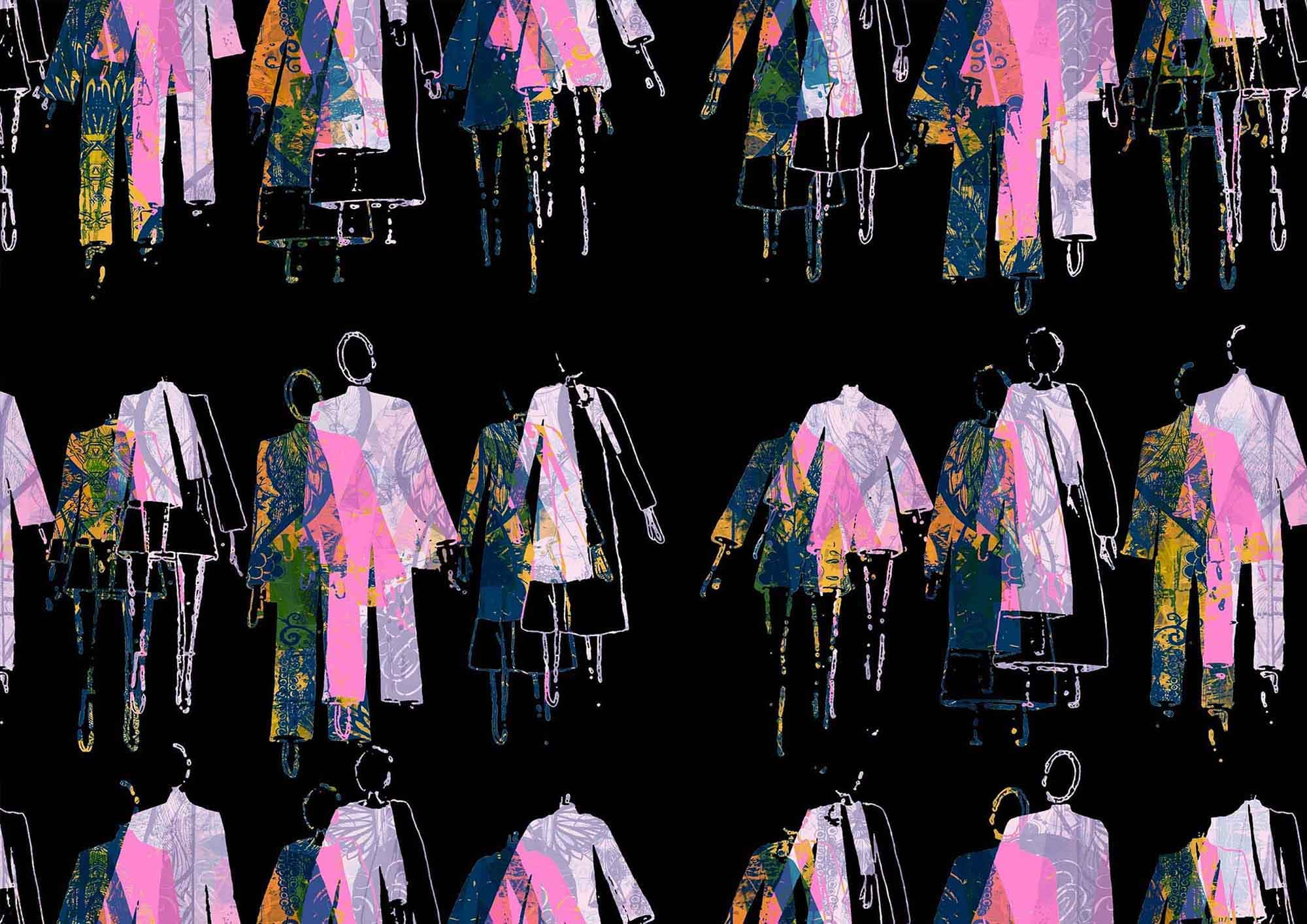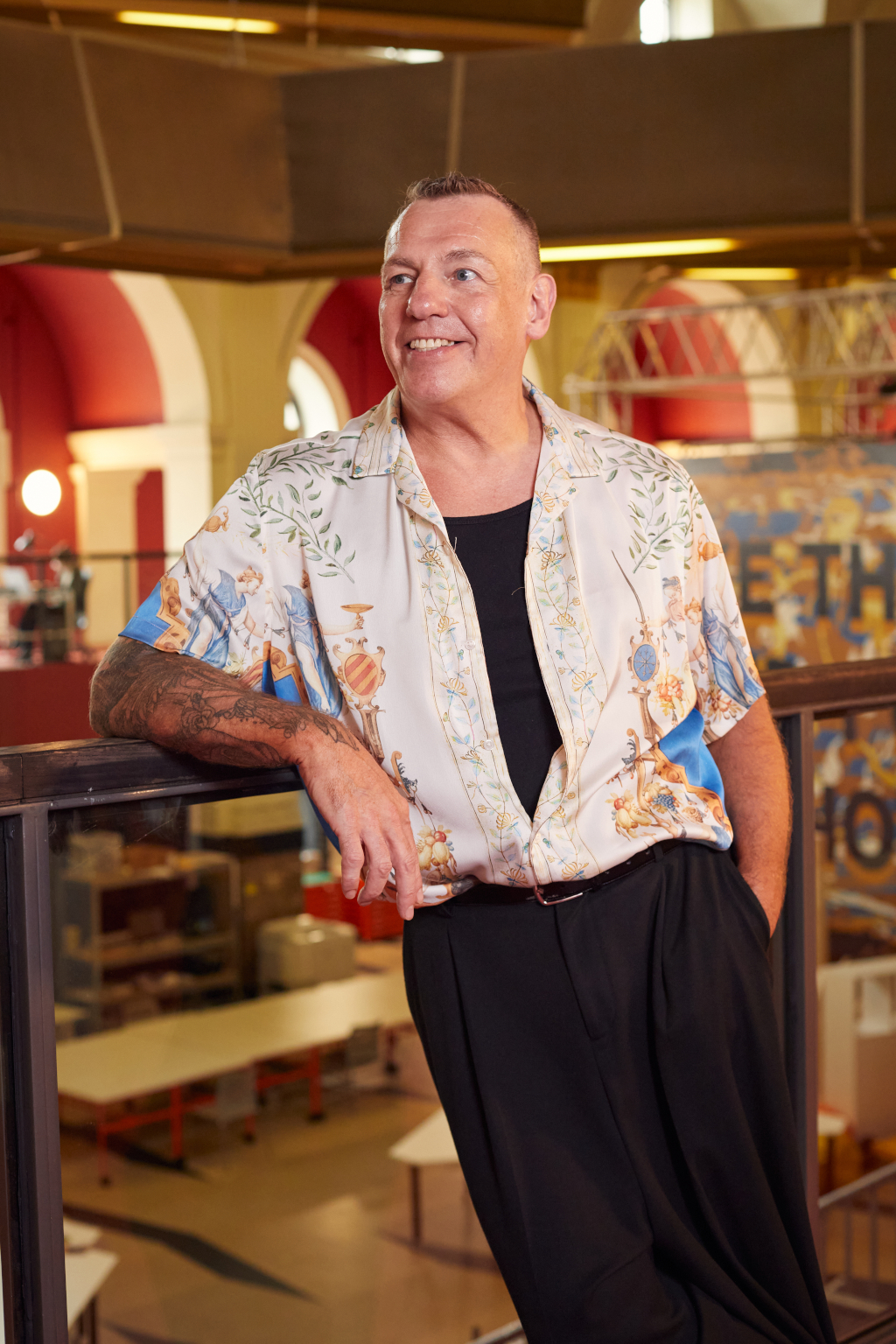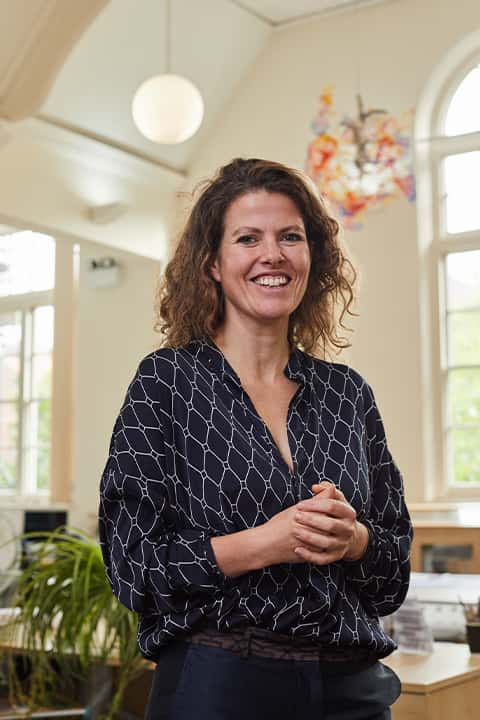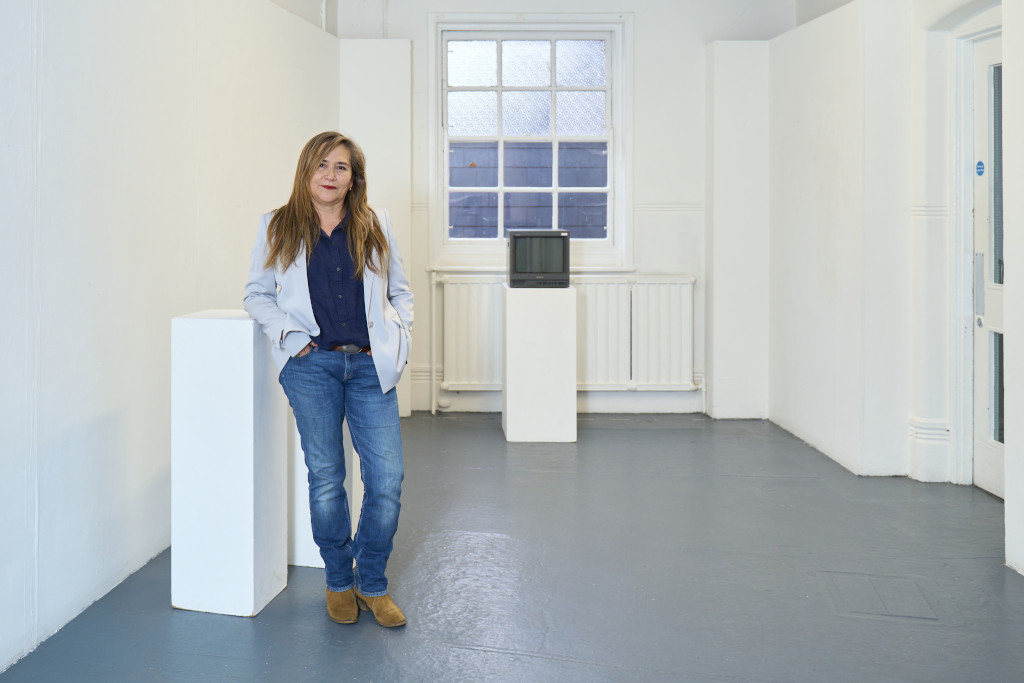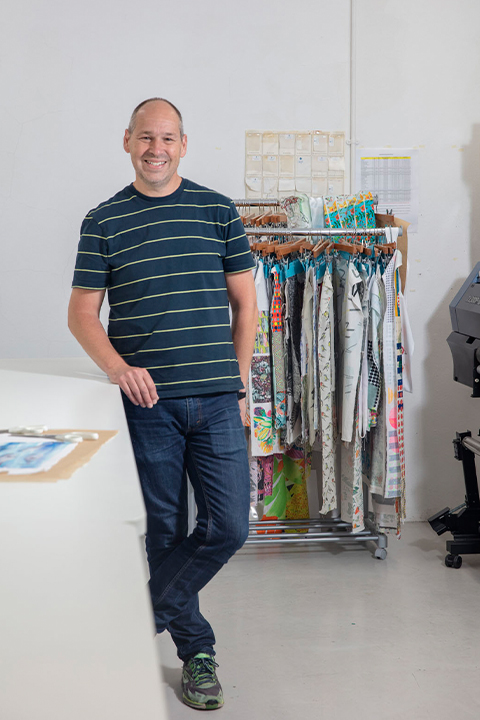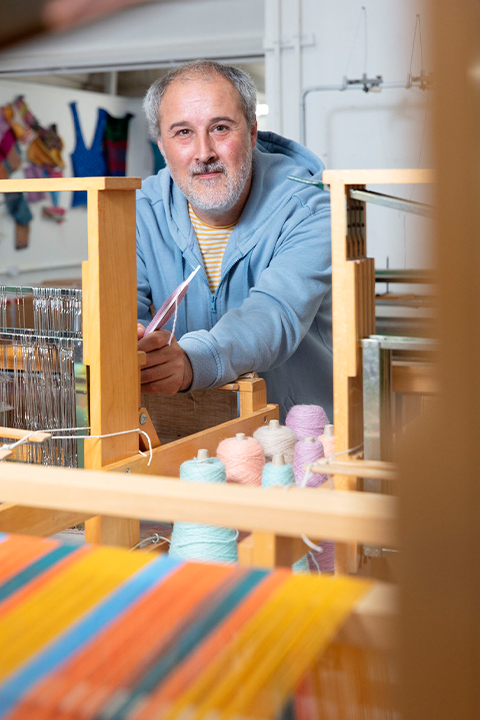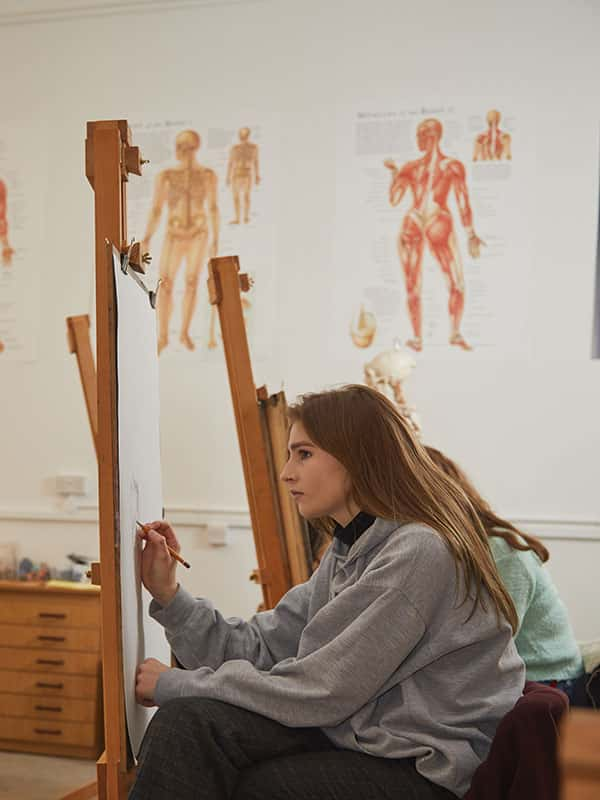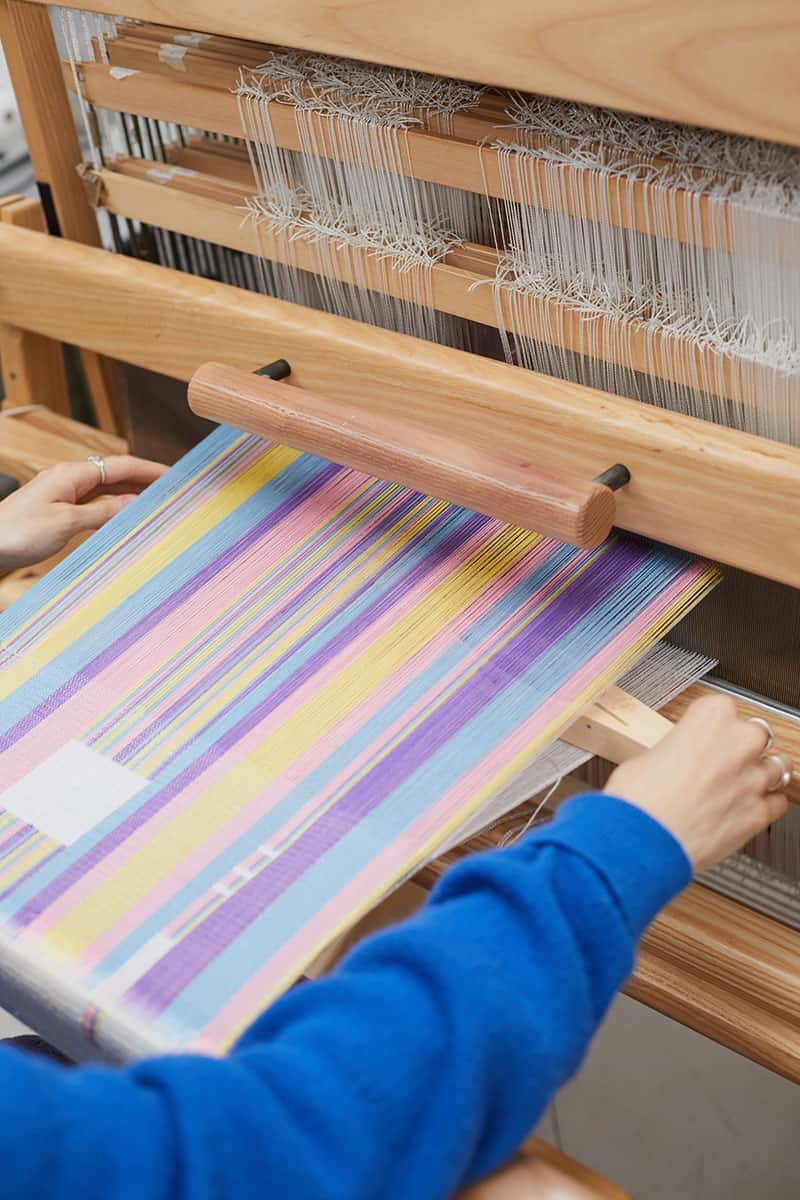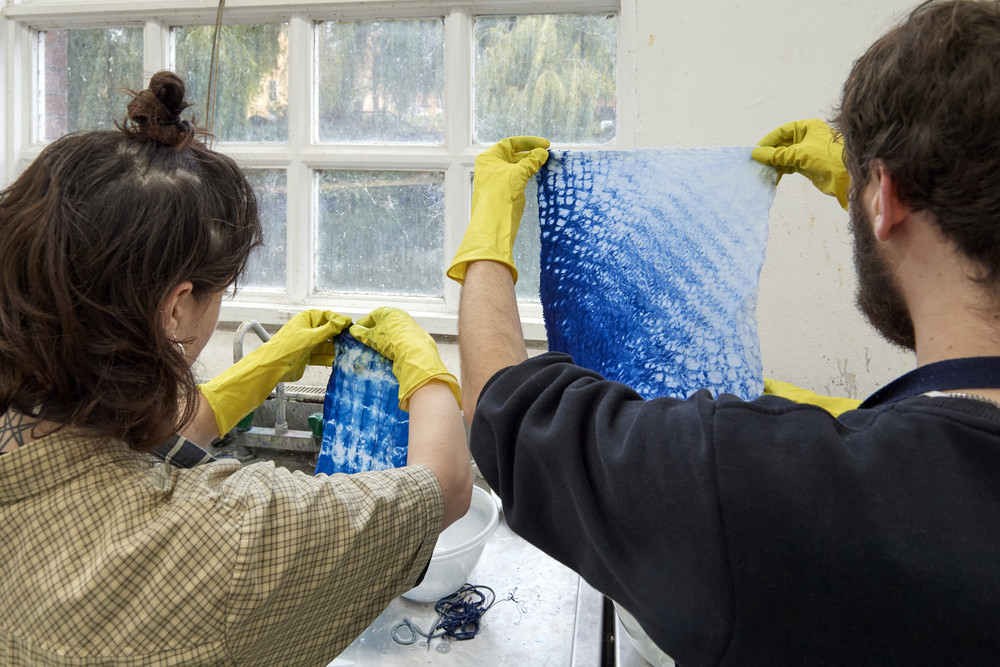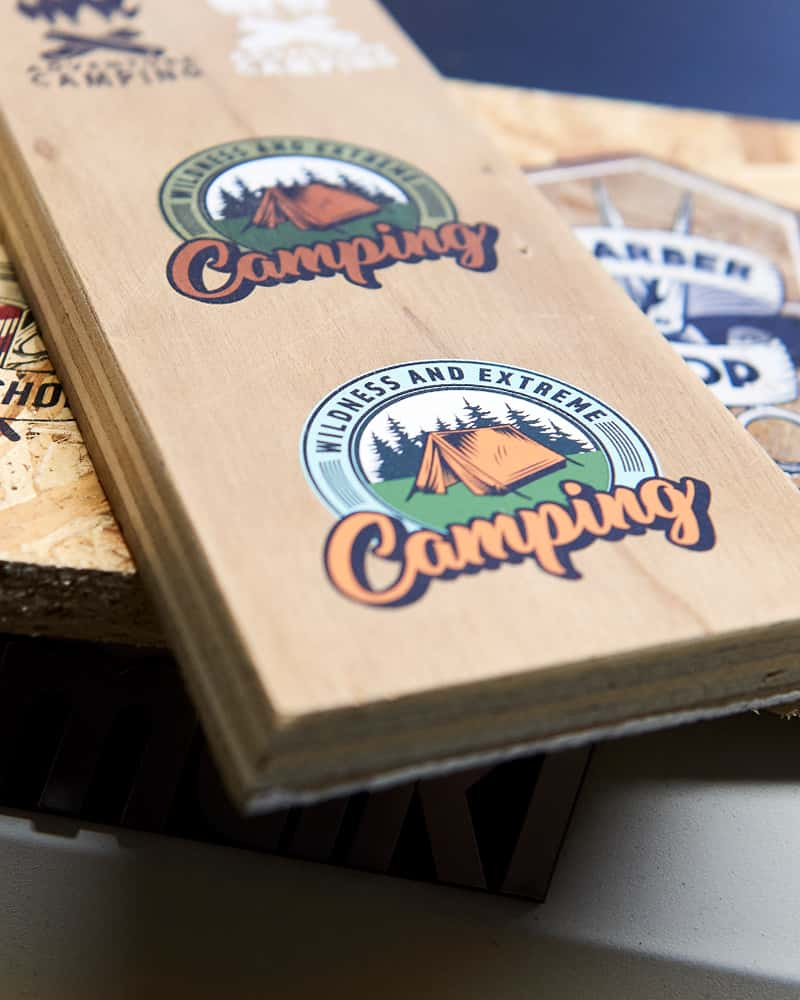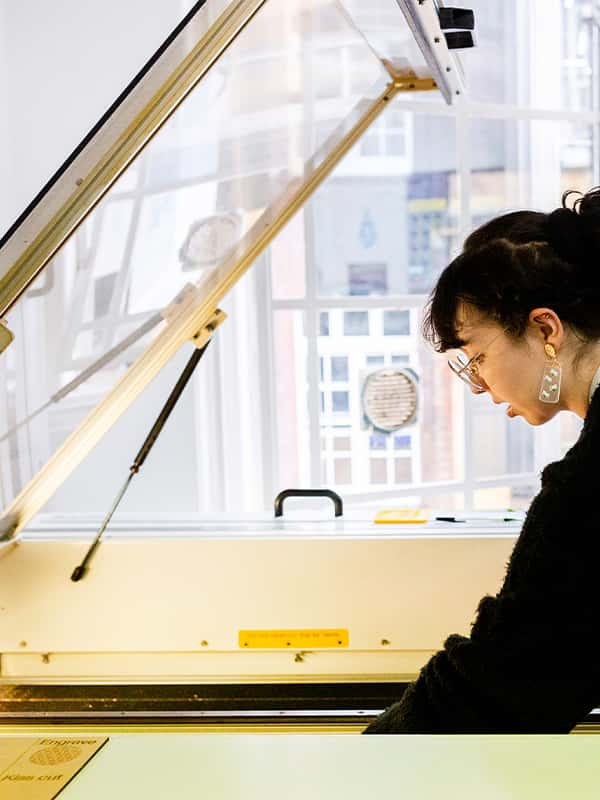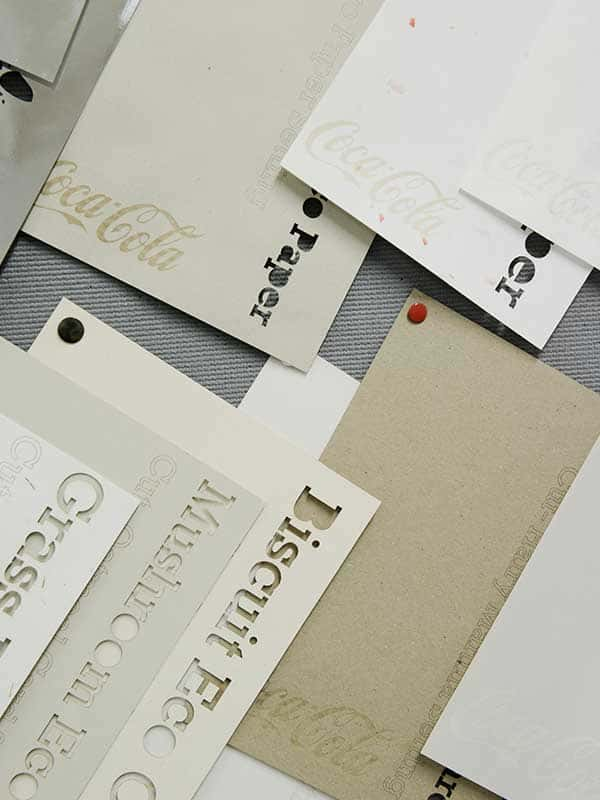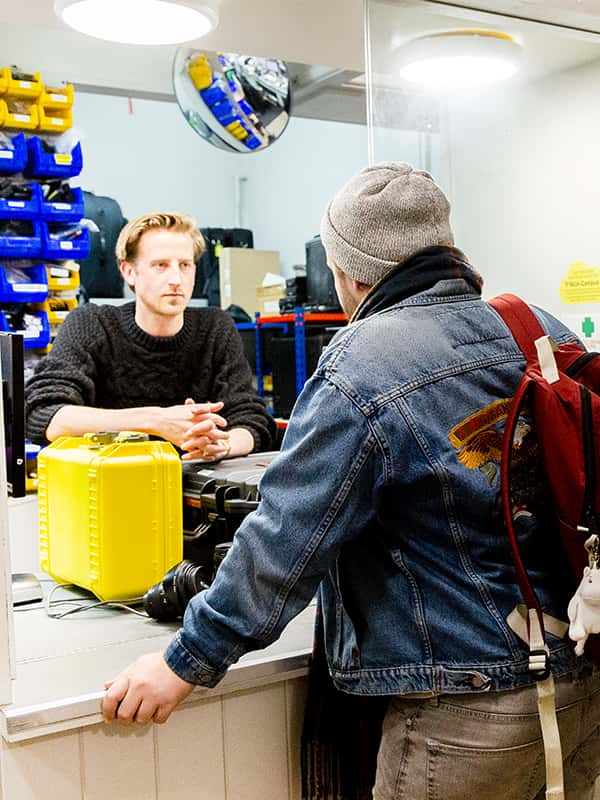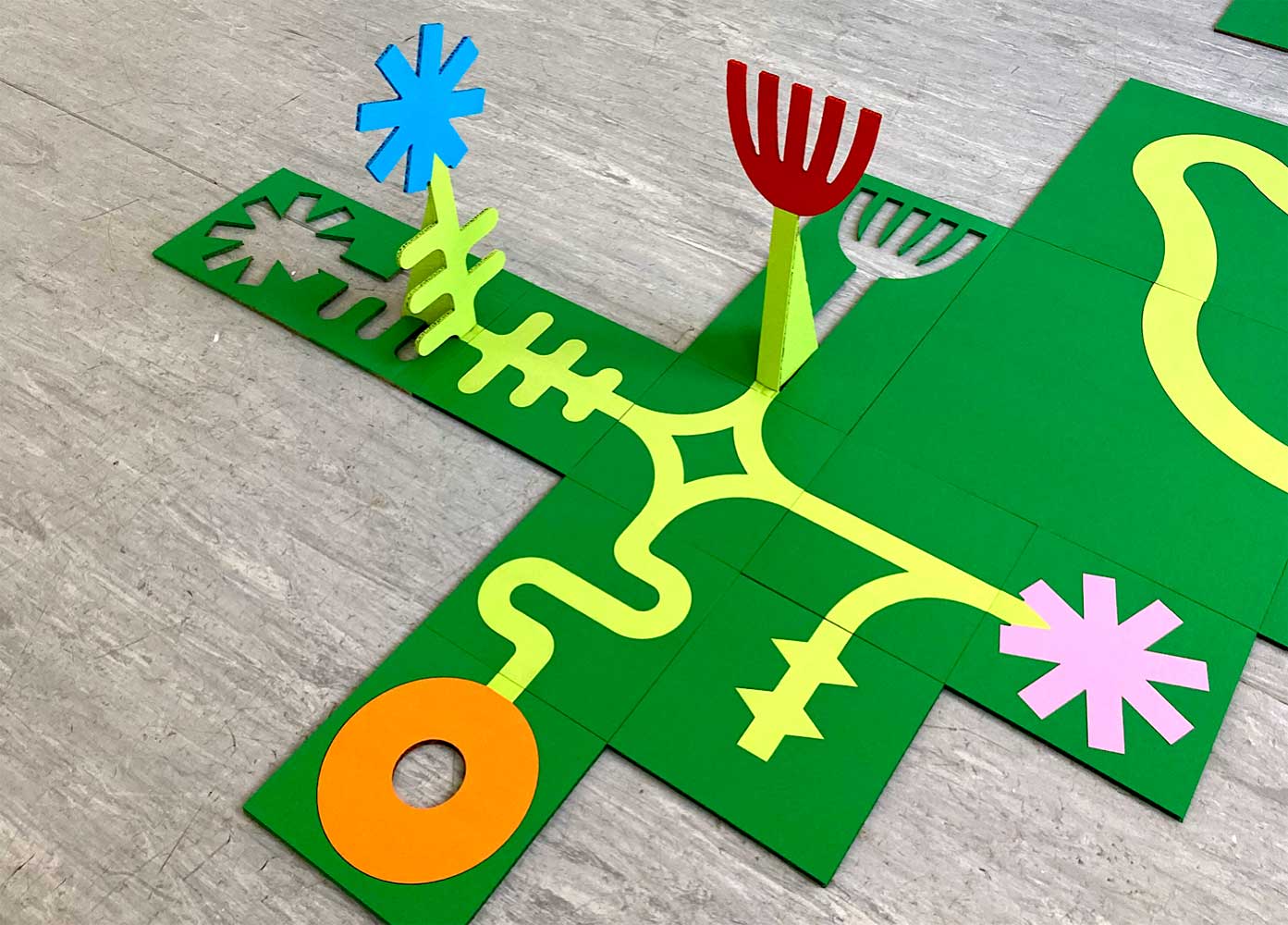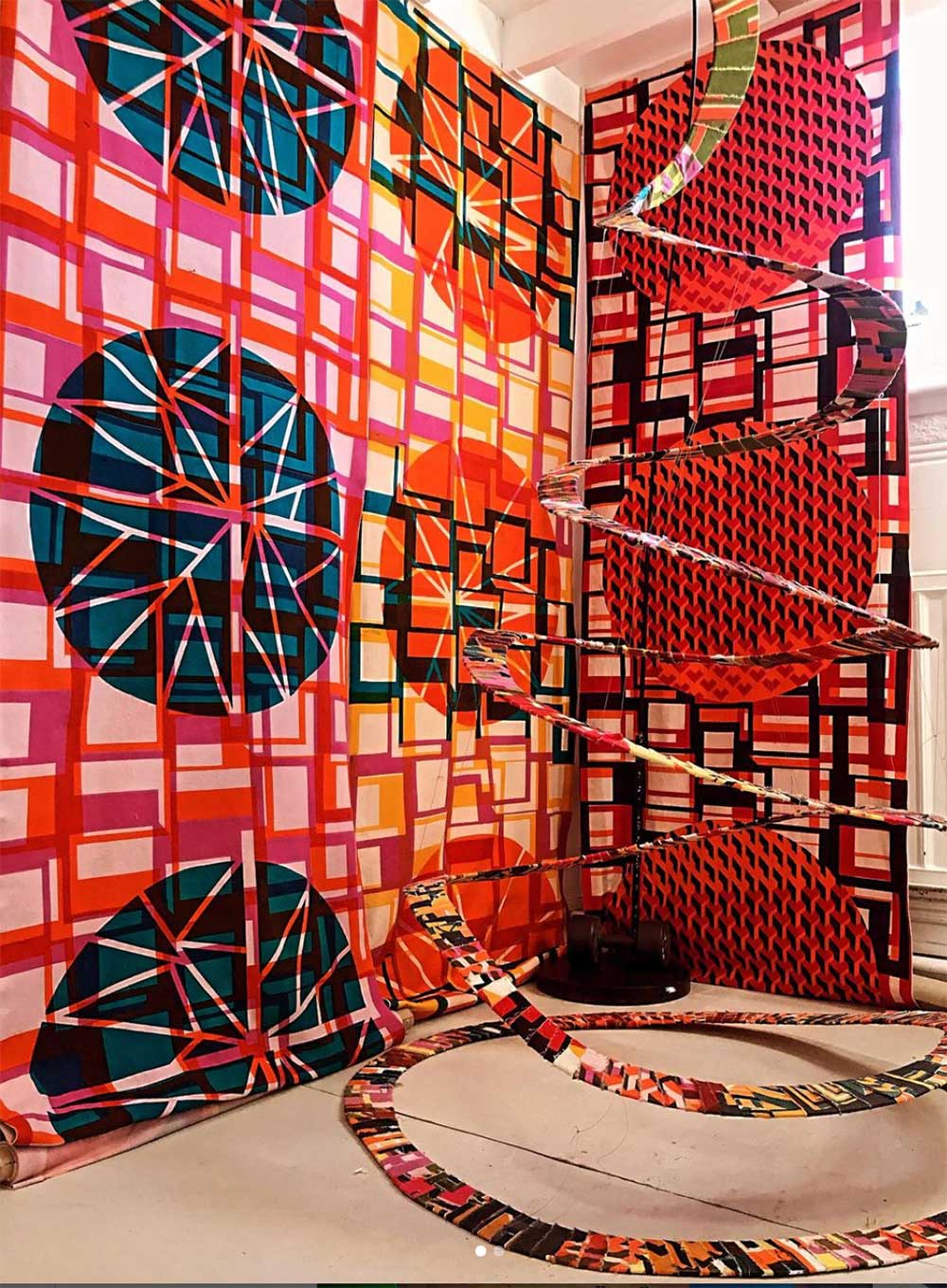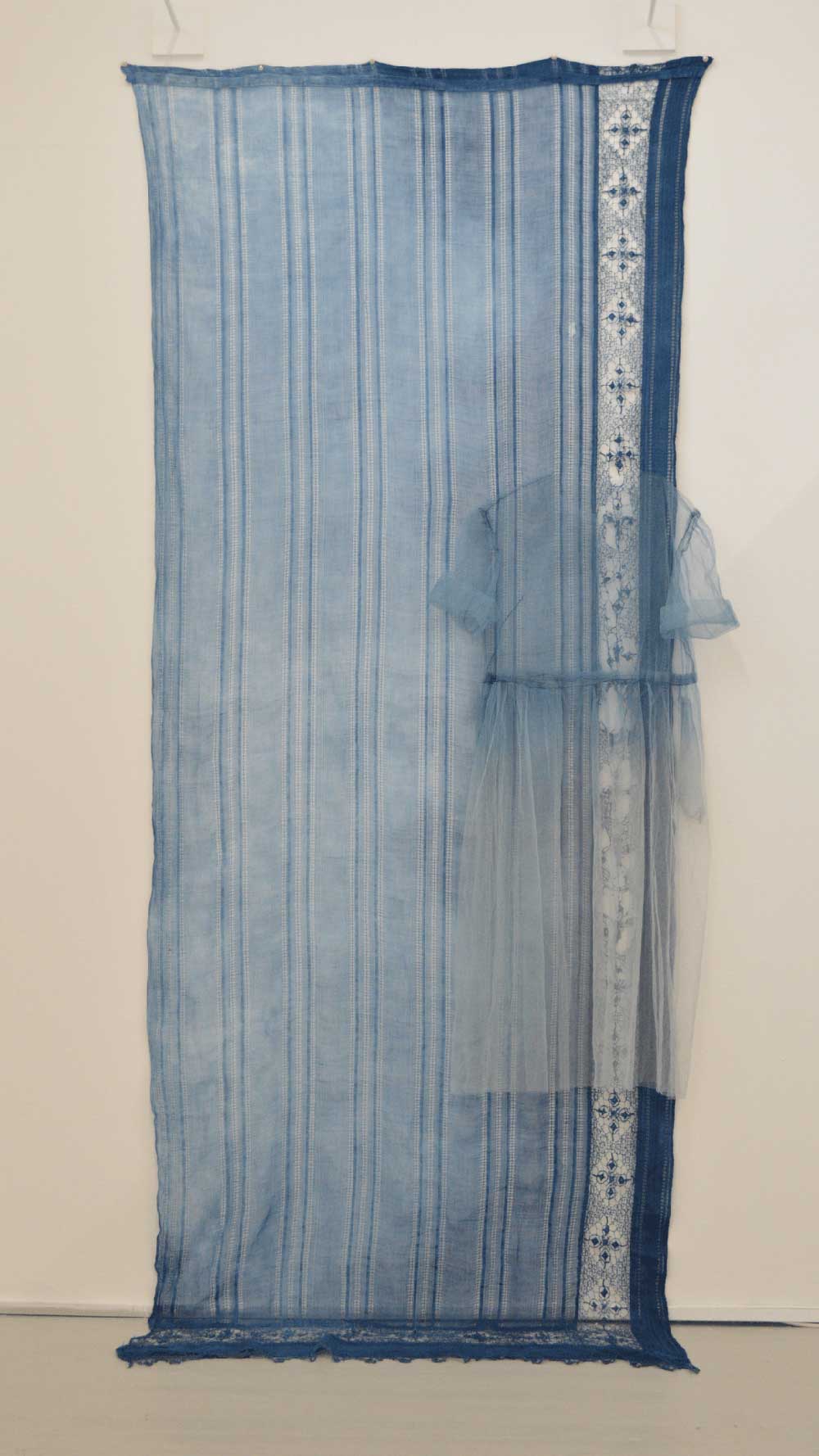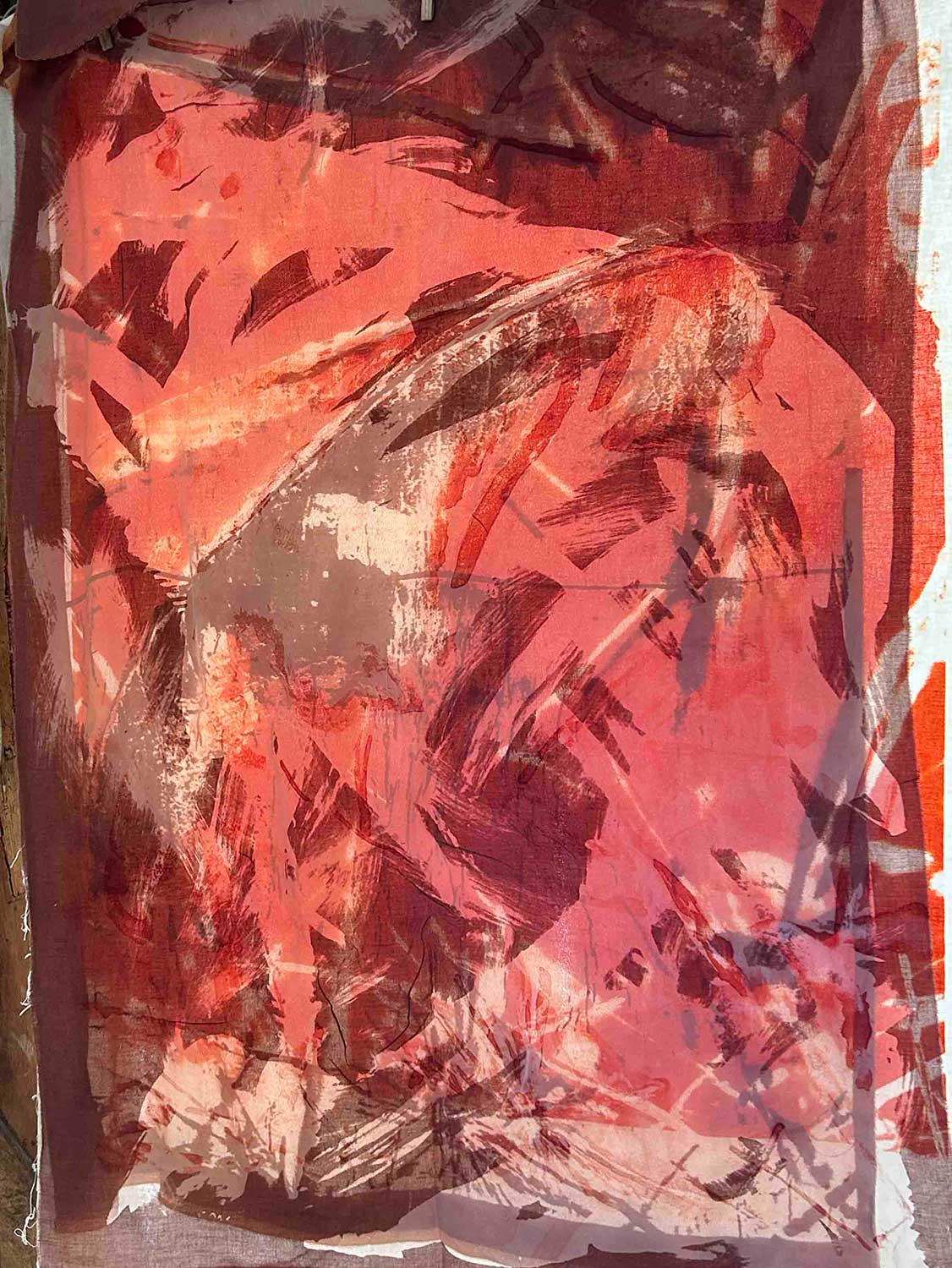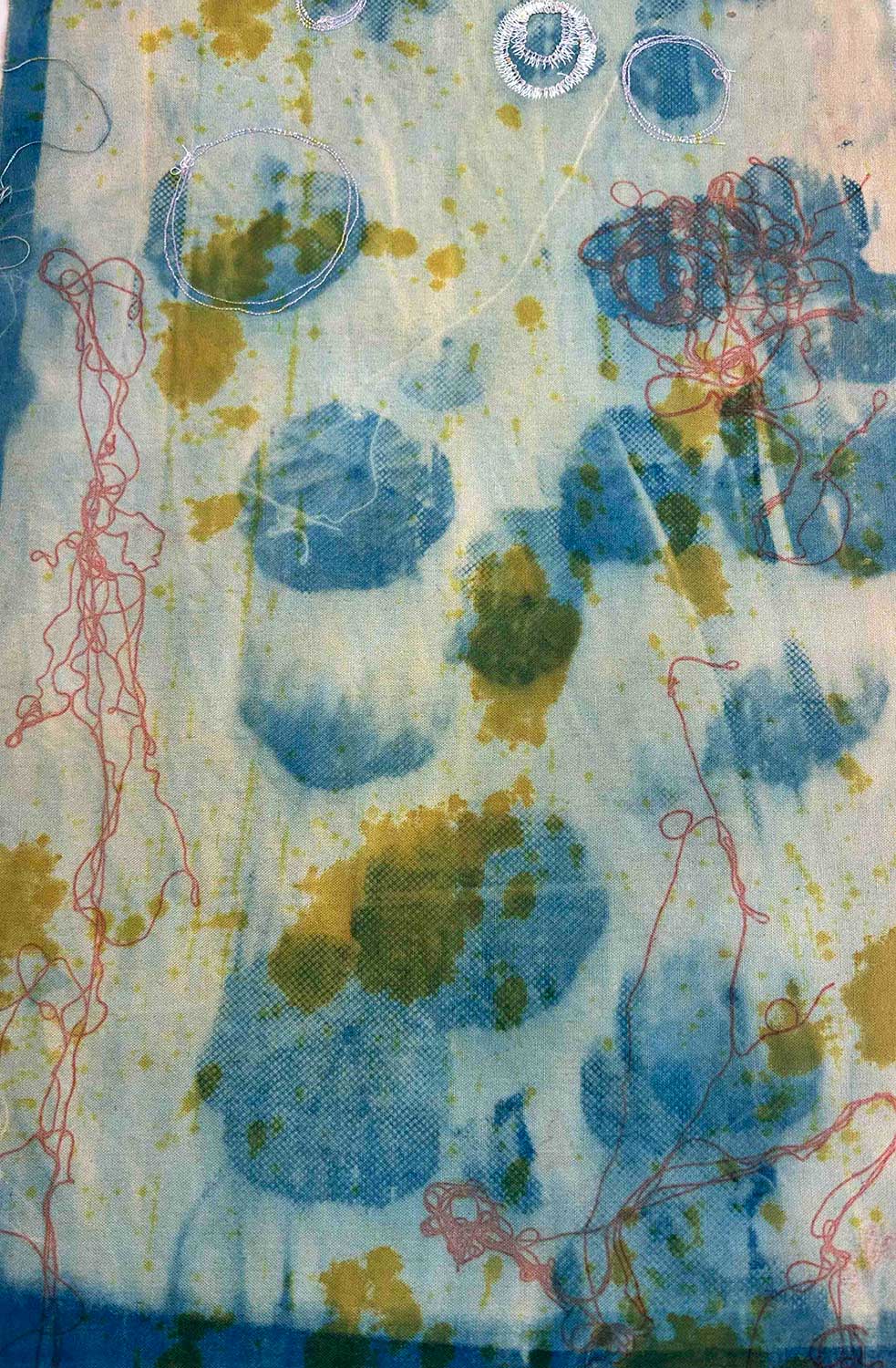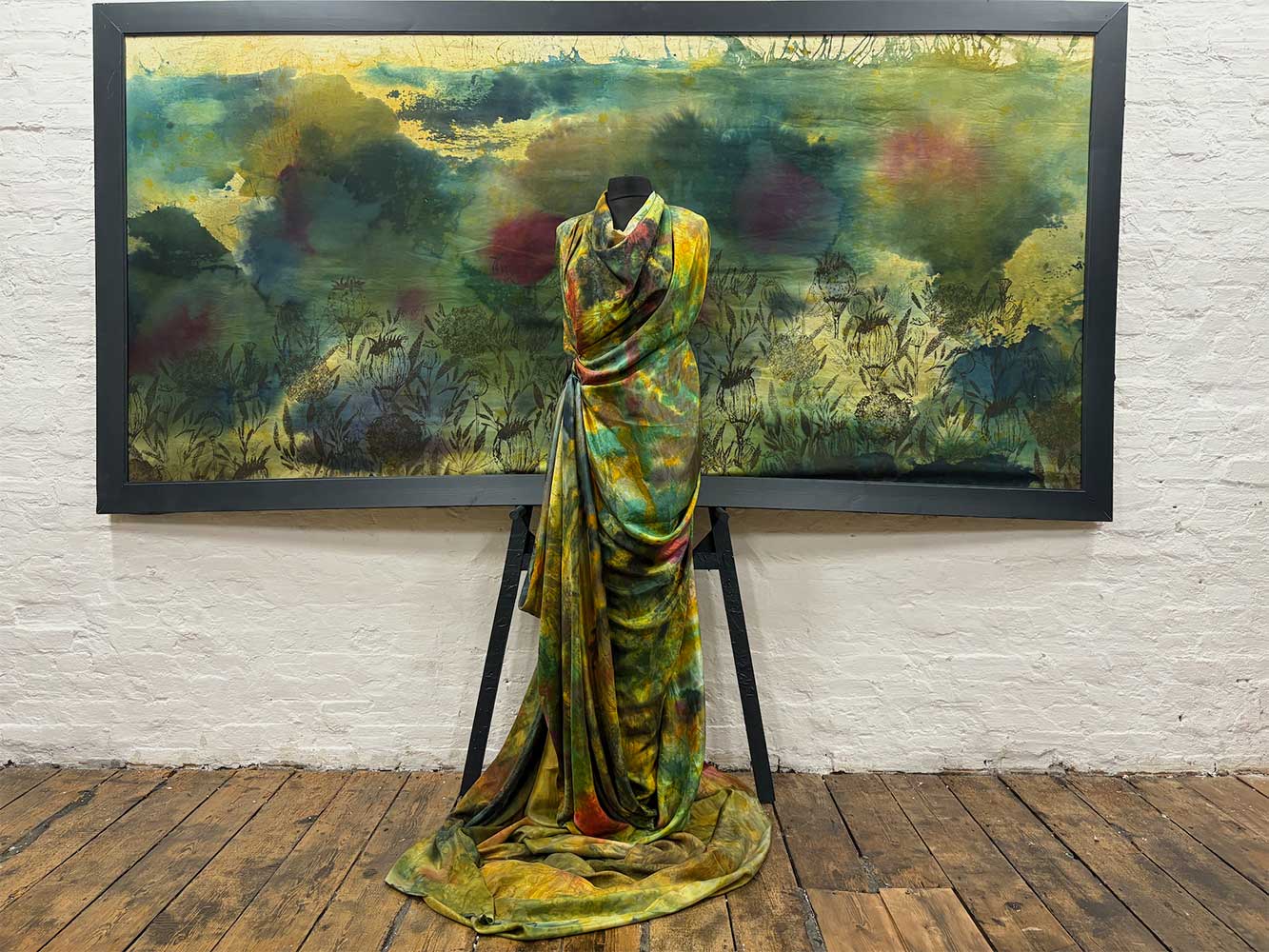
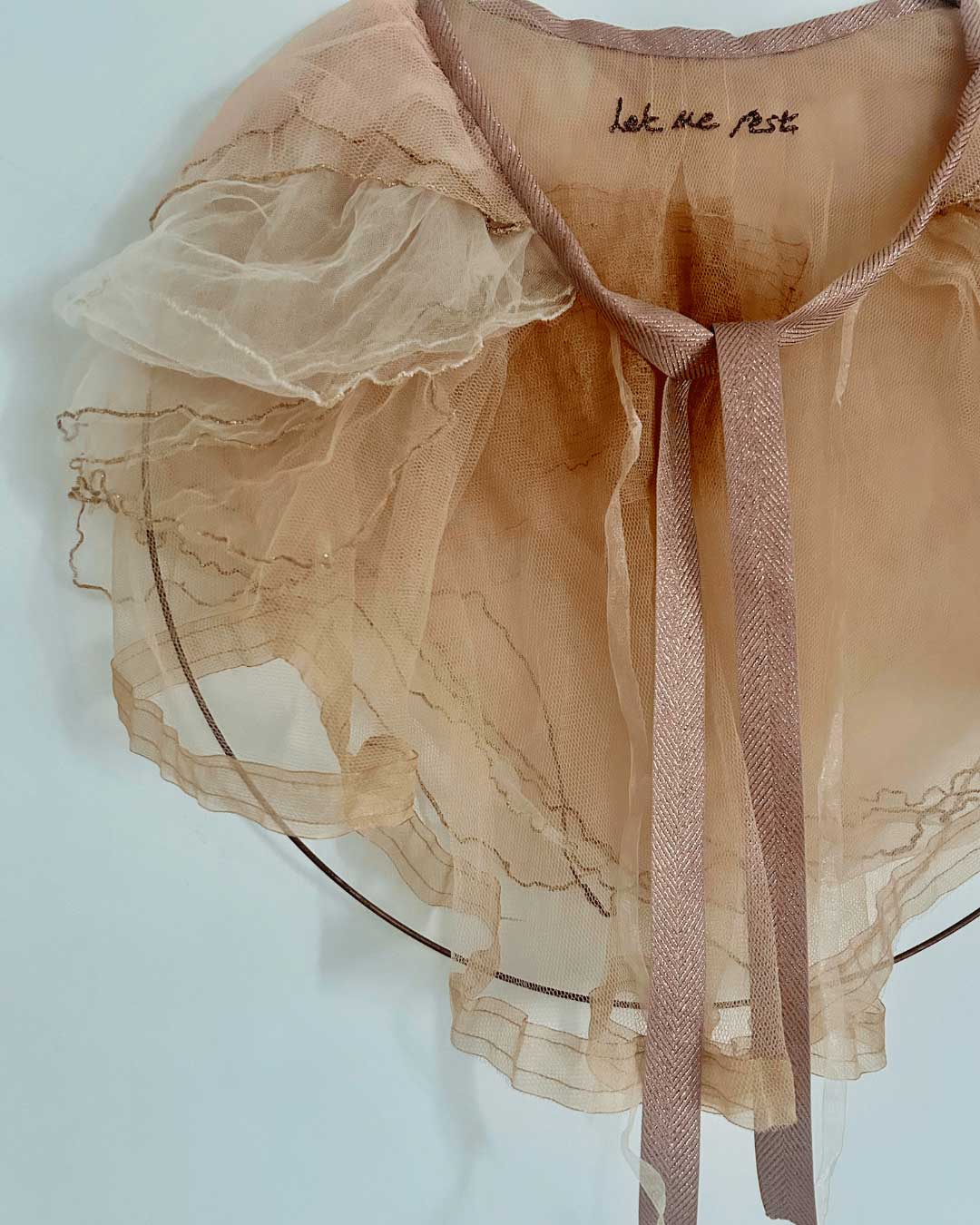
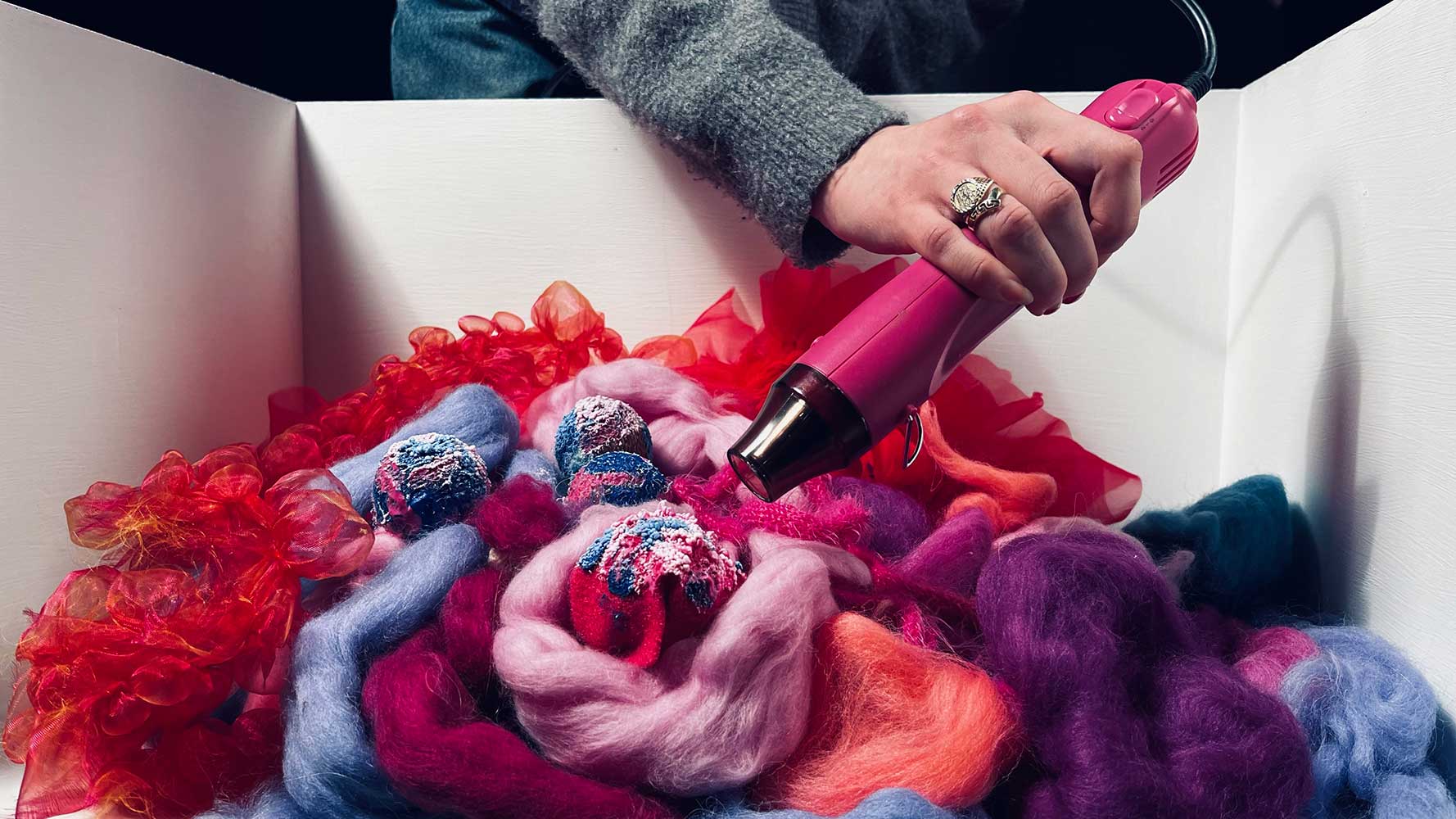
Textile Design MA
Combining creativity, craft skills and technological innovation, and develop and refine your expert knowledge of textile design.
-
Course Duration
Full-time 1 year, part-time 2 years
-
Annual Fees
- Home (full-time) £10,400 or (part-time, over 2 years) £6,500 per year
- Overseas (full-time) £18,860
-
Course Start
September 2026
- How to Apply Request a prospectus (opens in a new window)
Our MA Textile Design course offers a unique platform for students to explore their own practice through an integrated blend of experimental making, research, and technical skills development.
With a strong emphasis on experimentation and developing a deeper understanding of your practice, the experience is tailored to your individual interests. Whether your ambitions involve starting your own business or addressing sustainable issues, you are encouraged to be inquisitive and to imagine the transformative potential of textiles in enhancing everyday life.
Through hands-on exploration of materials, texture, colour, pattern, and construction, students engage with traditional craft skills reimagined for future applications. The course encourages you to push the boundaries of textile design through innovative uses of materials and processes, supported by guidance from experienced practitioners. Both individual and group tutorials are fully integrated to support each student’s creative vision.
You will engage with the latest advancements in textiles while also gaining strong traditional skills, helping you understand the direction and potential of your work. Collaboration is encouraged across the university — such as film, fine art, and fashion — allowing you to expand your practice beyond textiles and explore interdisciplinary relationships.
Research trips and visiting industry professionals enrich the learning experience. You will develop your practice further through internal and external exhibitions, as well as national competitions. Our ambition is to prepare you to be well-equipped to make a significant impact in the field of textile design, graduating with a personally crafted and fully developed creative practice.
Why study with us
-
Advanced Technical Skills
Develop expertise in both traditional and digital textile techniques, mastering processes such as dyeing, weaving, and digital textile production.
-
Interdisciplinary Approach
Benefit from collaboration with students from other postgraduate programs, fostering a multidisciplinary environment and integrating diverse perspectives and approaches, essential for innovative textile design.
-
Professional-Level Resources
Access specialised facilities such as the Textile Print & Dye Workshop, Constructed Textiles Workshop, and Laser Cutting. Our Munnings Drawing Studio, Design Studio, UV Printing equipment, and the Media Resource Centre provide comprehensive resources to support your creative and technical development.
-
Ethical and Inclusive Research
Embrace an ethical approach to your work, focusing on sustainability, social impact, and inclusivity in textile design. The course encourages you to explore the role of textiles in addressing global challenges and promotes responsible design practices.
-
Professional Portfolio Development
Develop a professional portfolio that showcases your textile design skills and creative vision demonstrating your ability to communicate complex ideas and research through design.
-
Innovative Problem Solving
Engage with complex design challenges through project-based learning through critical thinking and problem-solving skills in the context of contemporary textile design.
Course Details
This programme is a one-year course including 30 weeks of direct teaching time and a 15-week final project. You will need to complete three units and one 60-credit Major Project (180 credits in total). All units on the course are compulsory and must be passed in order to complete the award. If you study part-time your modules will be split across two years.
For full course details including aims and assessment criteria, download the course specification.
Core Practice and Context (60 Credits)
This unit launches your Master’s study at Norwich University of the Art. It will explore the impact of social, economic, environmental, technological, and ecological factors on textile design. Engaging with the UNESCO 17 Goals for Sustainable Development, you will use this research to experiment with various textile techniques and materials. Through self-directed study, you’ll learn about sustainable practices, such as eco-friendly dyeing and material traceability, producing a curated collection of samples. The unit emphasises understanding industry influences and future trends, while encouraging critical evaluation of your work and peer practice. A Reflective Research Report, supported by workshops and peer discussions, will consolidate your learning journey and give you greater understanding of the range of pathways for practising designers in a rapidly evolving sector.
Collaborative Challenge (30 credits)
This unit focuses on addressing contemporary and evolving issues in the textile industry, including sustainability, new technologies, and inclusivity. It promotes a creative, cross-disciplinary approach, encouraging students to experiment with a variety of textile techniques and methods that challenge and expand their current practices. In a supportive environment, students collaborate on projects that may involve real-world applications aligned with the UN Sustainable Development Goals or live briefs from external clients. The emphasis is on teamwork, critical thinking, and developing a unique design voice, guided by tutors with industry experience. The unit culminates in a group submission and an individual reflective summary, highlighting independent study, practical skills development, and engagement will give you greater understanding of the range of pathways for practising designers in a rapidly evolving sector.
Project Design and Development (30 credits)
This unit is designed to develop essential skills for designing and executing a creative or research project in the textile field. It offers a comprehensive range of tools and approaches to equip students for major projects and potential future research, including doctoral or industry pursuits. The unit introduces various research methods from the arts, humanities, and social sciences, tailored to the unique needs of textile projects. Through a combination of independent study and expert-led tutorials, students will gain a thorough understanding of project planning, ethical considerations, and the use of both digital and analogue tools. By the end of the unit, students will produce a contextual review, a detailed project plan, and an ethics review, laying the foundation for their major project. This preparation helps establish a distinct design voice, setting the stage for professional success in the textile industry.
Major Project (60 Credits)
This unit forms the culmination of your Master’s study in which you will design, develop, and execute a major project. The project offers a chance for an in-depth, self-directed study supported by talks, group sessions, and individual tutorials. You’ll develop skills in selecting research methods and engaging with stakeholders, aiming to communicate your creative vision to varied audiences. The project requires creating and evaluating a professional-level body of work, grounded in the historical, theoretical, cultural, and economic contexts. As the project progresses, you will work independently, regularly consulting your supervisor to refine your project’s format and outcomes. This process will help you push the boundaries of your specialism, offering new insights and demonstrating your expert knowledge of textile design.
Download course specifications
Learning and teaching
The course is delivered through a variety of engaging learning and teaching methods.
-
Lectures
-
Seminars
-
Tutorials
-
Technical labs
-
Independent and group work
Assessment
Our assessment methods will vary based on the unit you choose and provide a comprehensive measure of your learning and progress. These methods may include:
- Critically reflective essay
- Course work
- Presentations
- Learning journal
- Reflective evaluation
- Body of creative work
- Reflective research report
- Team project evaluation
- Major project
- Supporting documentation
Our Facilities
Look around our city-centre campus, and you will find studios, media labs, and creative spaces in 13 buildings that sit among the cafés, bars, independent galleries and shops of Norwich’s cultural quarter.
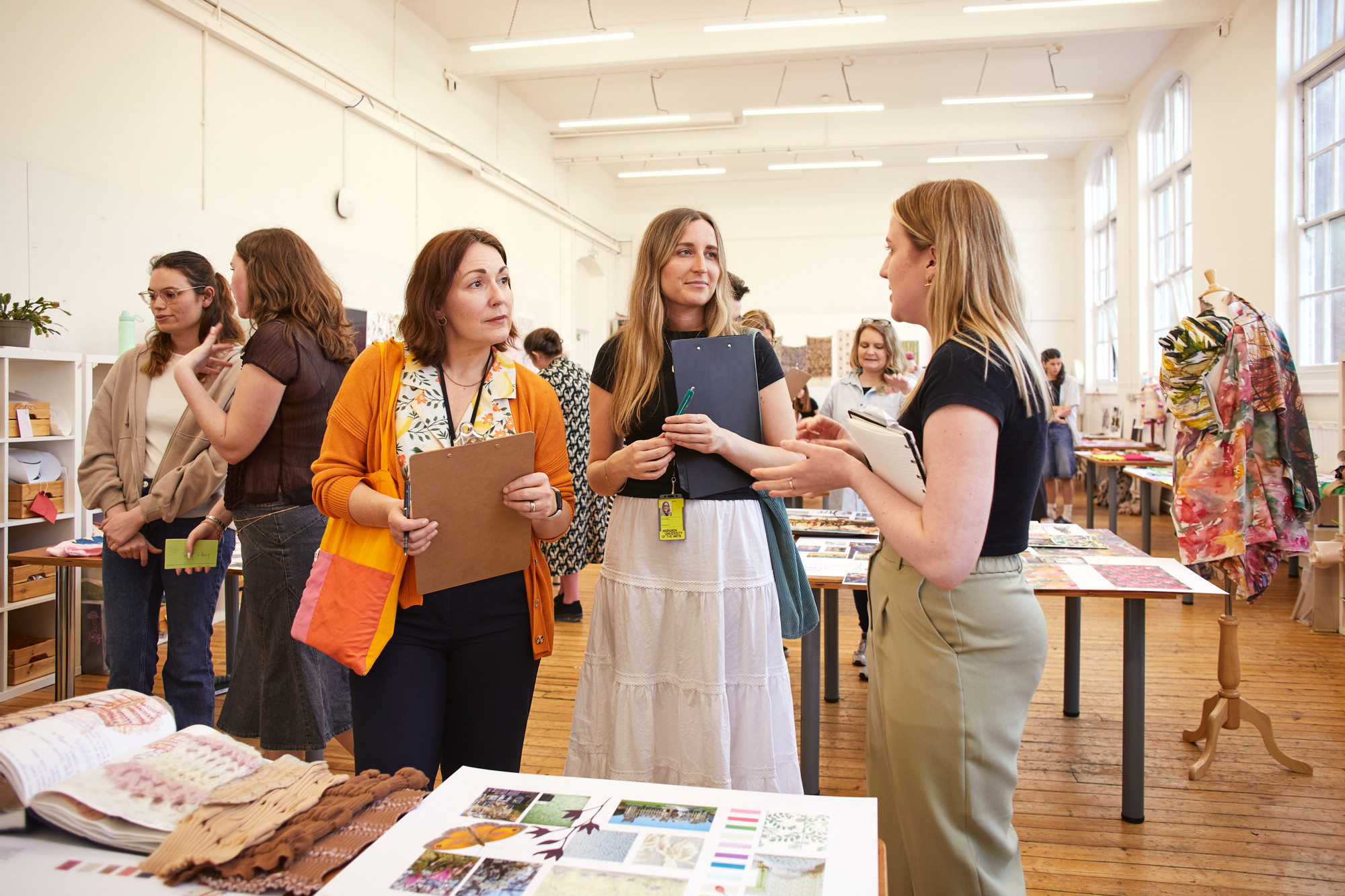
Typical career paths
- Textile Designer
- Textile for Fashion Design
- Interior Design
- Print Design
- Illustration
- Conservation
- Product Design
- Styling
- Branding/Marketing
- Materials Production
- Further/Higher Education
- PhD Study
The UK’s creative sector is thriving, contributing £111.7 billion annually to the economy and offering over 2 million jobs.
Department for Digital Culture Media and Sport (DCMS)
Entry Requirements
Entrants should normally have achieved a BA (Hons) / BSc Degree of 2:1 or above (or its equivalent), in a subject related to your proposed course of study.
Applicants who hold a Degree from another discipline may also be considered for entry, subject to the submission of a satisfactory portfolio of art, design or media-related work in support of their application.
Those with industry experience or relevant skills from non-traditional backgrounds are encouraged to apply, including individuals currently employed. If you’re unsure about your eligibility, please contact us for guidance before applying.
English language requirements (International/EU)
If English is not your first language, IELTS 6.5 (or equivalent) is required, with a minimum of 5.5 in reading, writing, listening, and speaking. we also accept other English language qualifications.
International Qualifications
We accept a wide range of qualifications from all over the world.
For information on entry requirements from your country, see our international pages.
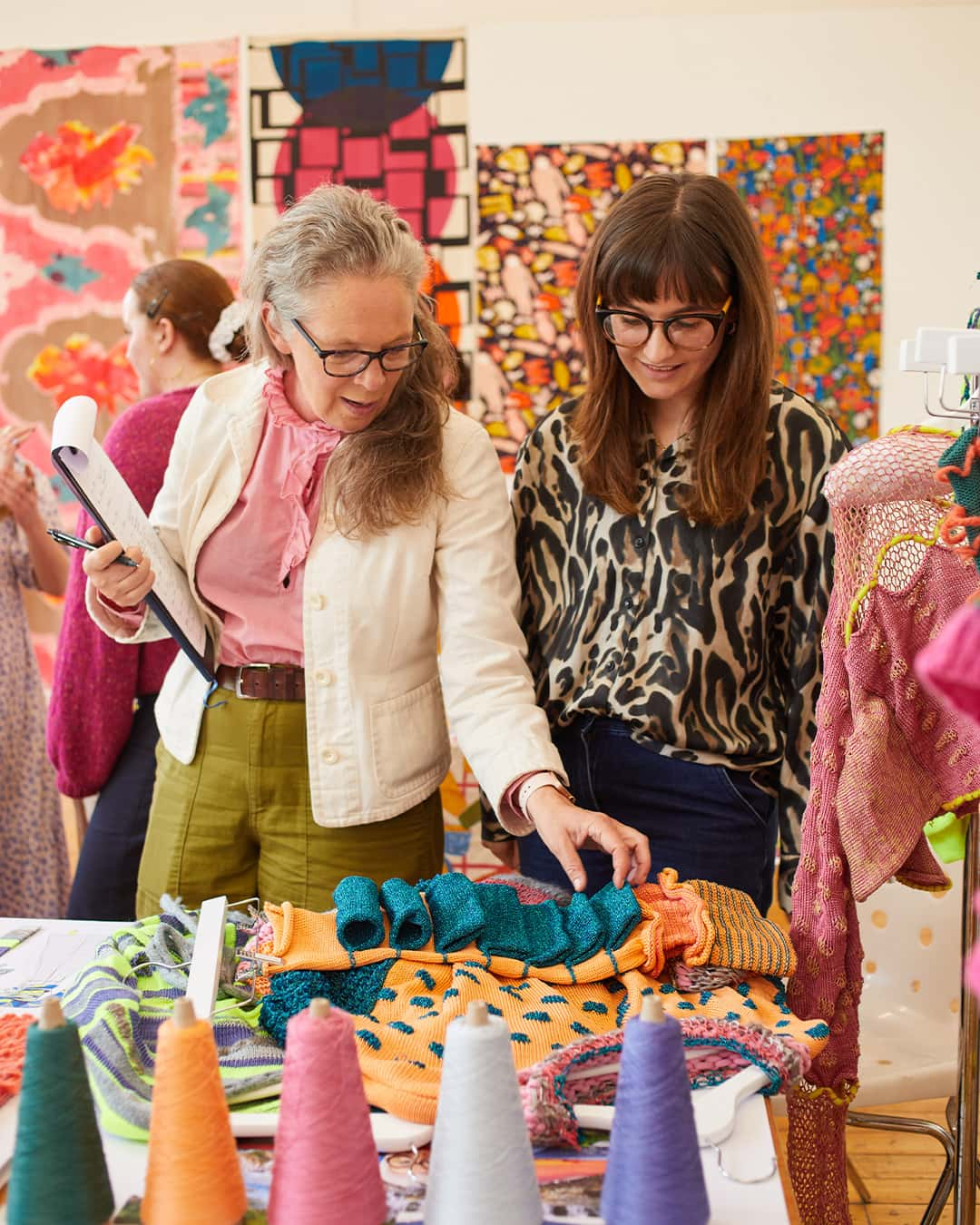
Fees and funding
Home
Tuition fees for the 2026/27 academic year
- Full time: £10,400
- Part time: £6,500 per year
The level of fee that you will be asked to pay depends on whether you’re classed as a UK
(home) or international student. Check your fee status.
Fees for subsequent years
The rules for inflation on fees in subsequent years depend on the type of fee status and level
For Home and overseas postgraduate degree students starting in 2025, fees will remain the same for each year of your course.
Funding your study
Depending on your circumstances, you may qualify for a bursary, scholarship or loan to help fund your study and enhance your learning experience. Find out more about scholarships and funding.
International
Tuition fees for the 2026/27 academic year
- Full time: £18,860
The level of fee that you will be asked to pay depends on whether you’re classed as a UK
(home) or international student. Check your fee status.
Fees for subsequent years
The rules for inflation on fees in subsequent years depend on the type of fee status and level
For home and overseas postgraduate degree students starting in 2026, fees will remain the same for each year of your course.
Funding your study
We offer a range of scholarships and bursaries for international students. To find out more and see if you’re eligible, please visit the scholarships for international students page.
Additional costs
Your course fees cover the cost of studies, and include loads of benefits, such as the use of our library, support from our expert employability team, access to workshops and free use of the IT equipment across our campuses. There are also other costs which you may need to consider.
How to apply
Home
Applications to our postgraduate courses should be made directly to Norwich University of the Arts using a Postgraduate Application Form.
Applications should be returned to admissions@norwichuni.ac.uk
Please see our Terms and Conditions and Admissions Policies for further details.
International
Postgraduate applicants can only apply directly by completing the below online application form or emailing the downloadable form to ioadmissions@norwichuni.ac.uk
International students requiring a visa should apply as soon as possible in the year they wish to start. Email our International Team for more information. Please see our Terms and Conditions and Admissions Policies for further details
-
Amy Harman
Textile Design MA
Annie Gough
Textile Design MA
Caroline Mayers
Textile Design MA
Joanna Cockrell
Textile Design MA
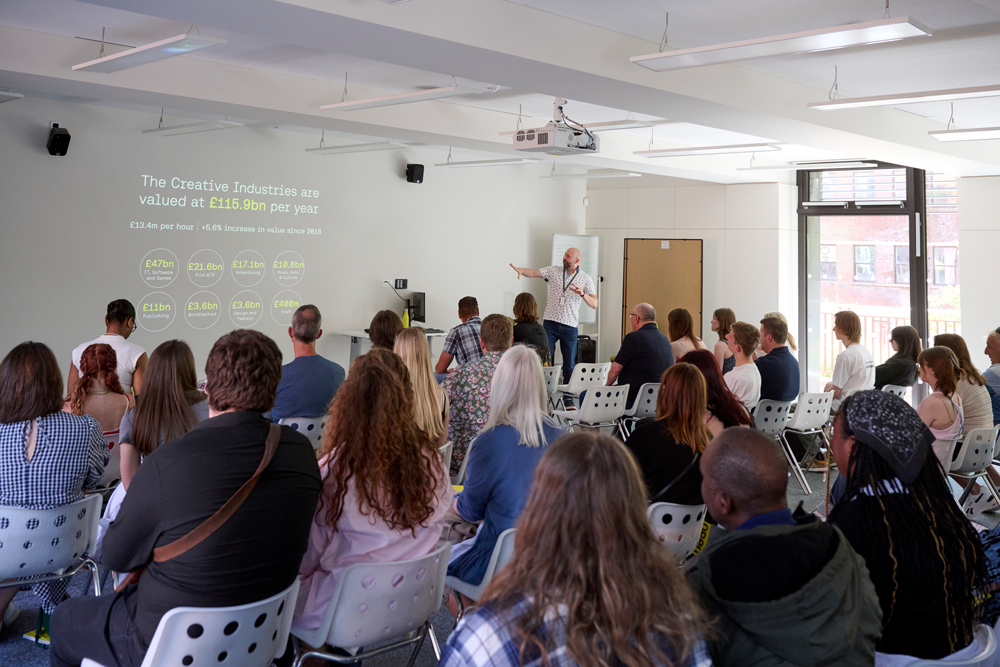
Latest news
-
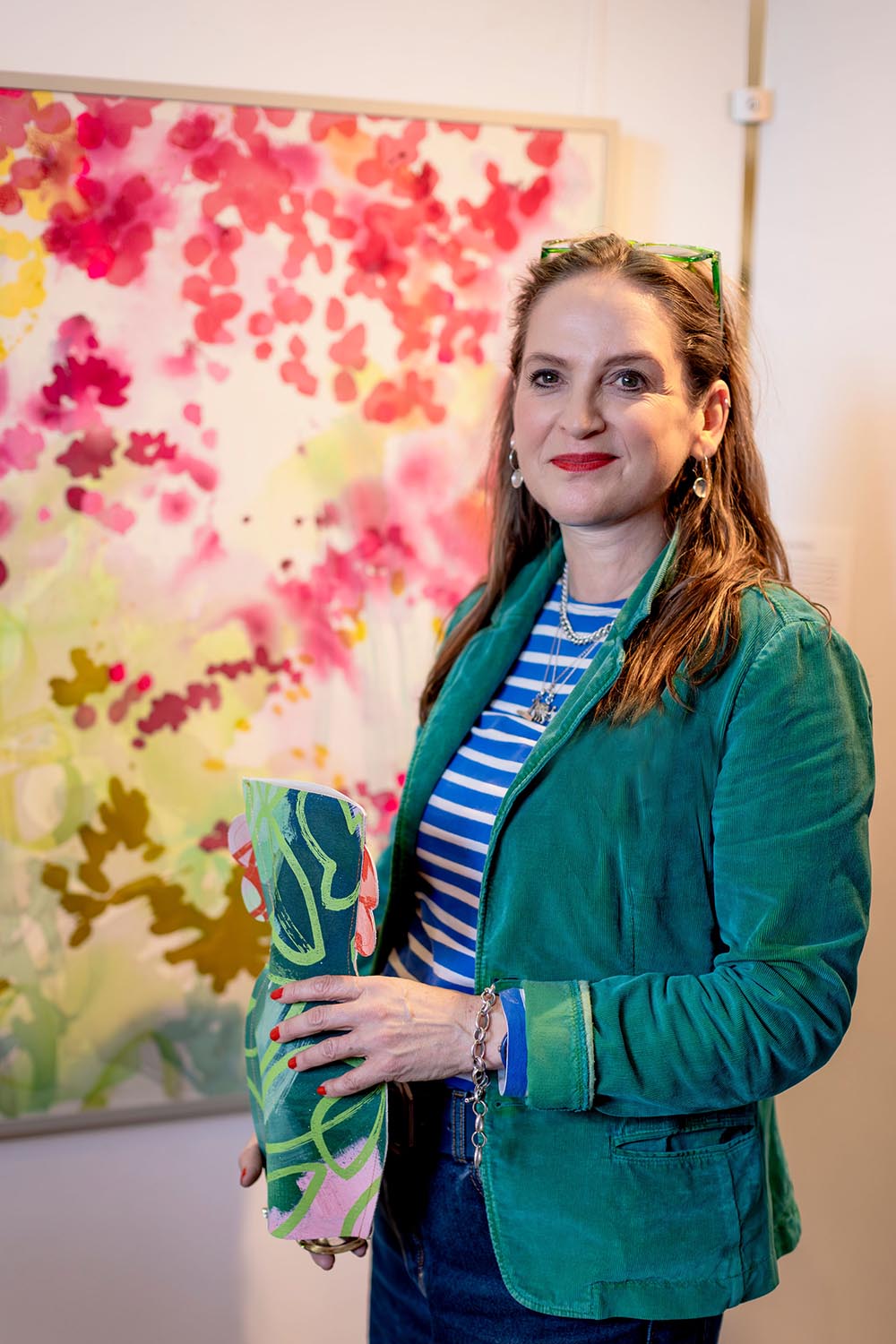 BA Textile Design •
BA Textile Design •In conversation with: Lucy Perry, MA Textile Design
Lucy shares her experience of creating a 360° digital installation, in a collaborative exploration of nature and technology. -
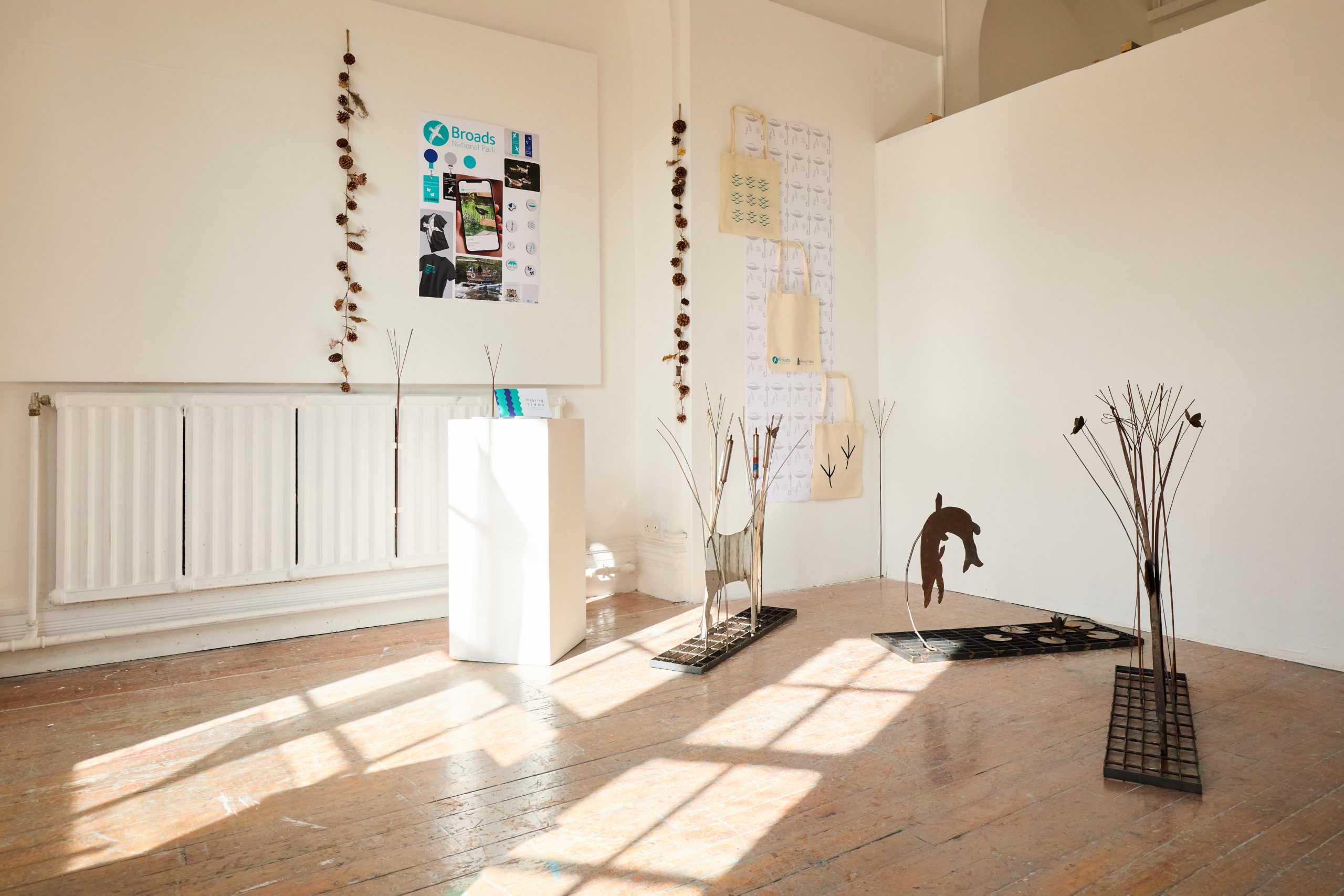 MA Communication Design •
MA Communication Design •Norwich announces Sustainability Award winners at Postgrad Festival 2025
Norwich University of the Arts' Sustainability Awards celebrate students’ commitment to sustainable and ethical practice. -
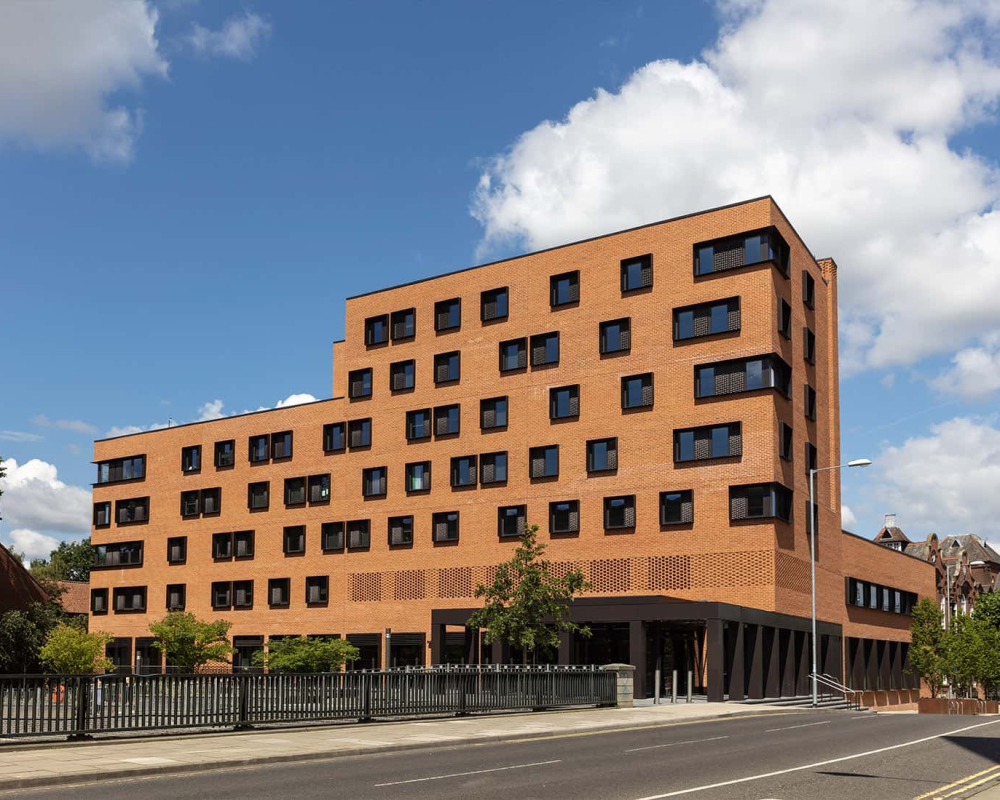 BA Degree •
BA Degree •Norwich University of the Arts moves up 25 places in The Complete University Guide
Norwich University of the Arts has been ranked among the UK's top two specialist creative arts universities — and the highest outside London — in the 2026 edition of The Complete University Guide -
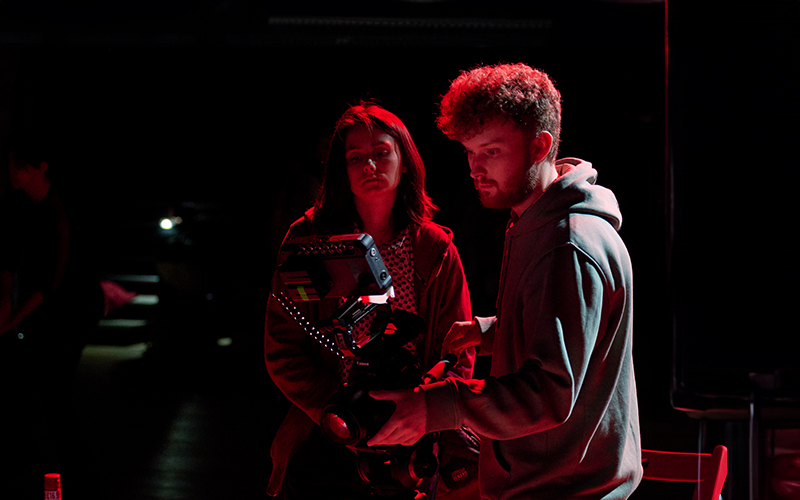 MA Communication Design •
MA Communication Design •What's the difference between undergraduate and postgraduate study?
We explore how postgraduate study could unlock your creative potential and future prospects. -
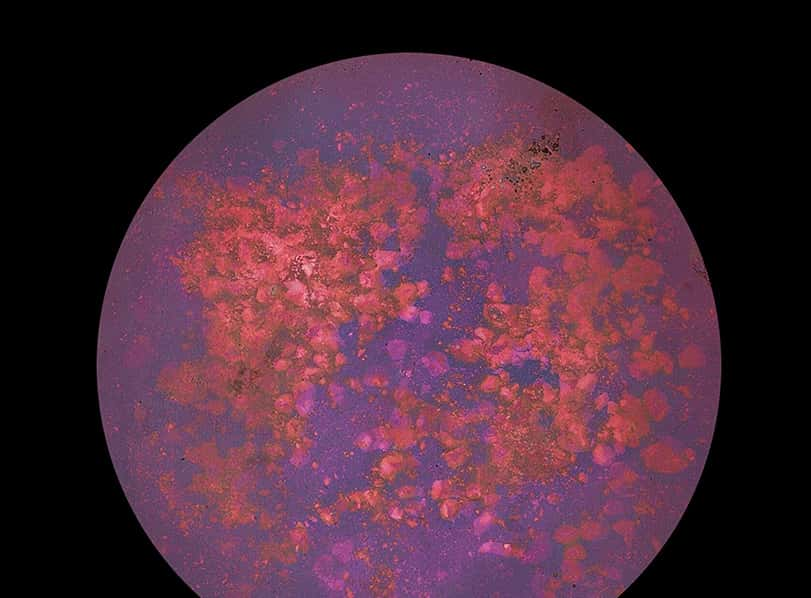 Alumni •
Alumni •Fine Art graduate selected to exhibit at pioneering space research centre
Holly Sandiford has recently exhibited at Leicester's Space Park as part of Space: Science & Nature. -
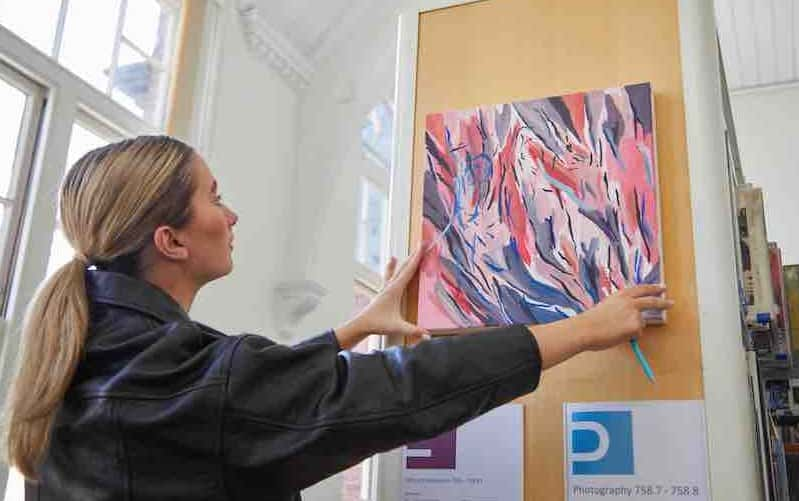 MA Degree •
MA Degree •MA Fine Art students curate exhibition takeover at NUA Library
The exhibition ‘Bibliotheca Interpellations’ showcased multi-disciplinary works by MA Fine Art. -
 MA Degree •
MA Degree •In conversation with: Michael Morgan, of Original Magazine
We talk to Michael about co-founding the multidisciplinary publication Original Magazine. -
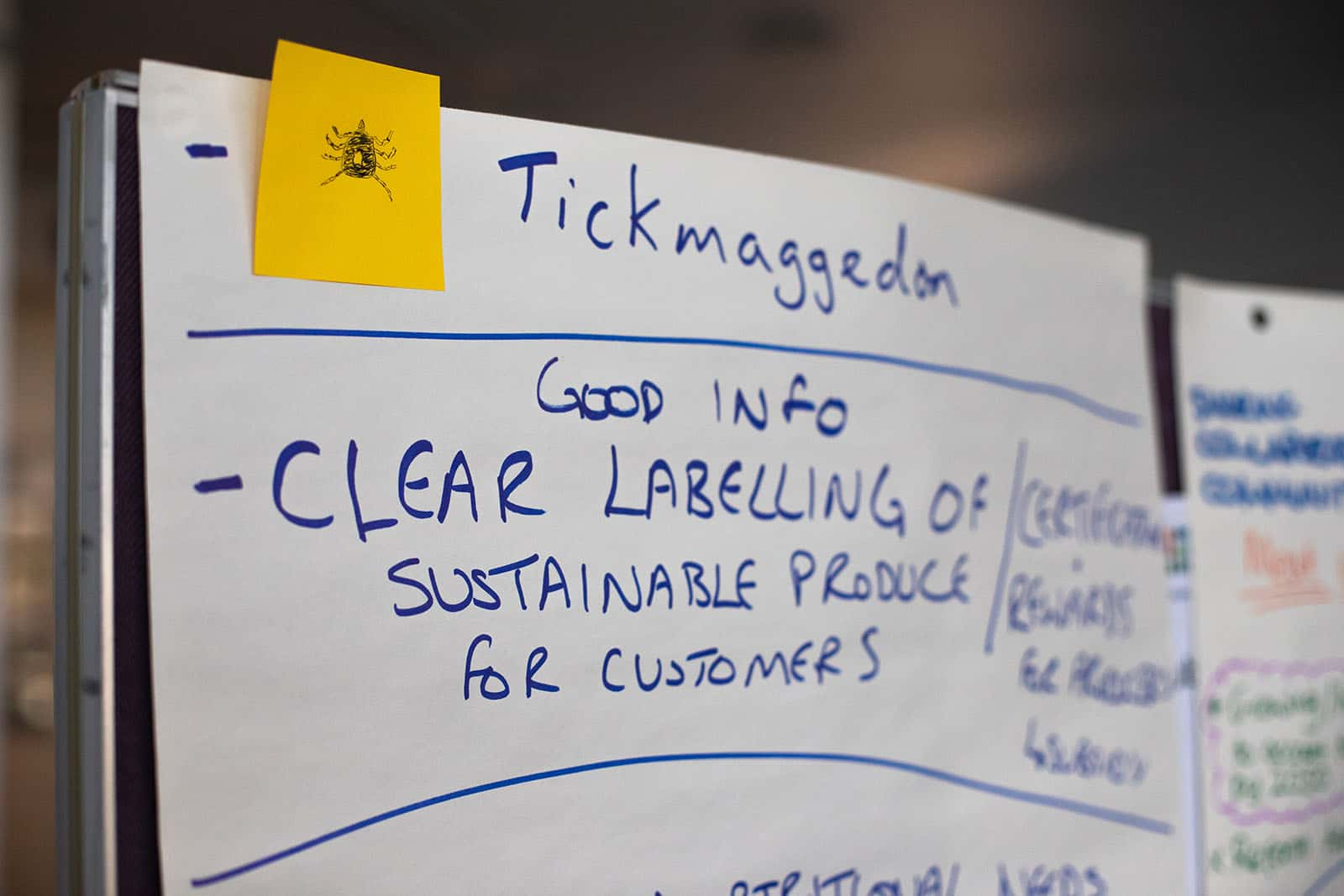 MA Communication Design •
MA Communication Design •Norwich Research Park hosts MA students for creative sprint on the future of sustainable farming
MA students worked as creative thinking consultants at the Nuffield Farming International Conference
-
